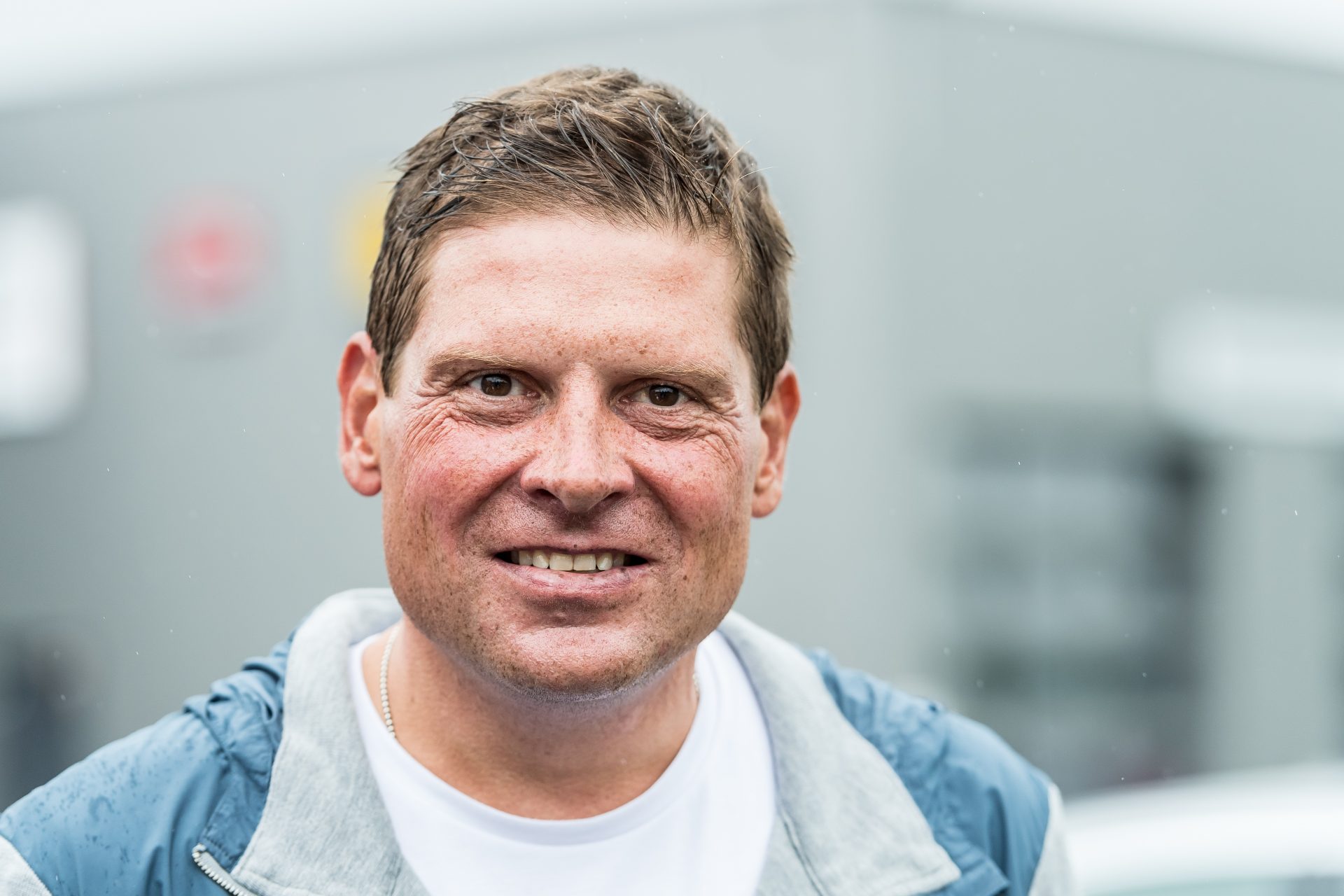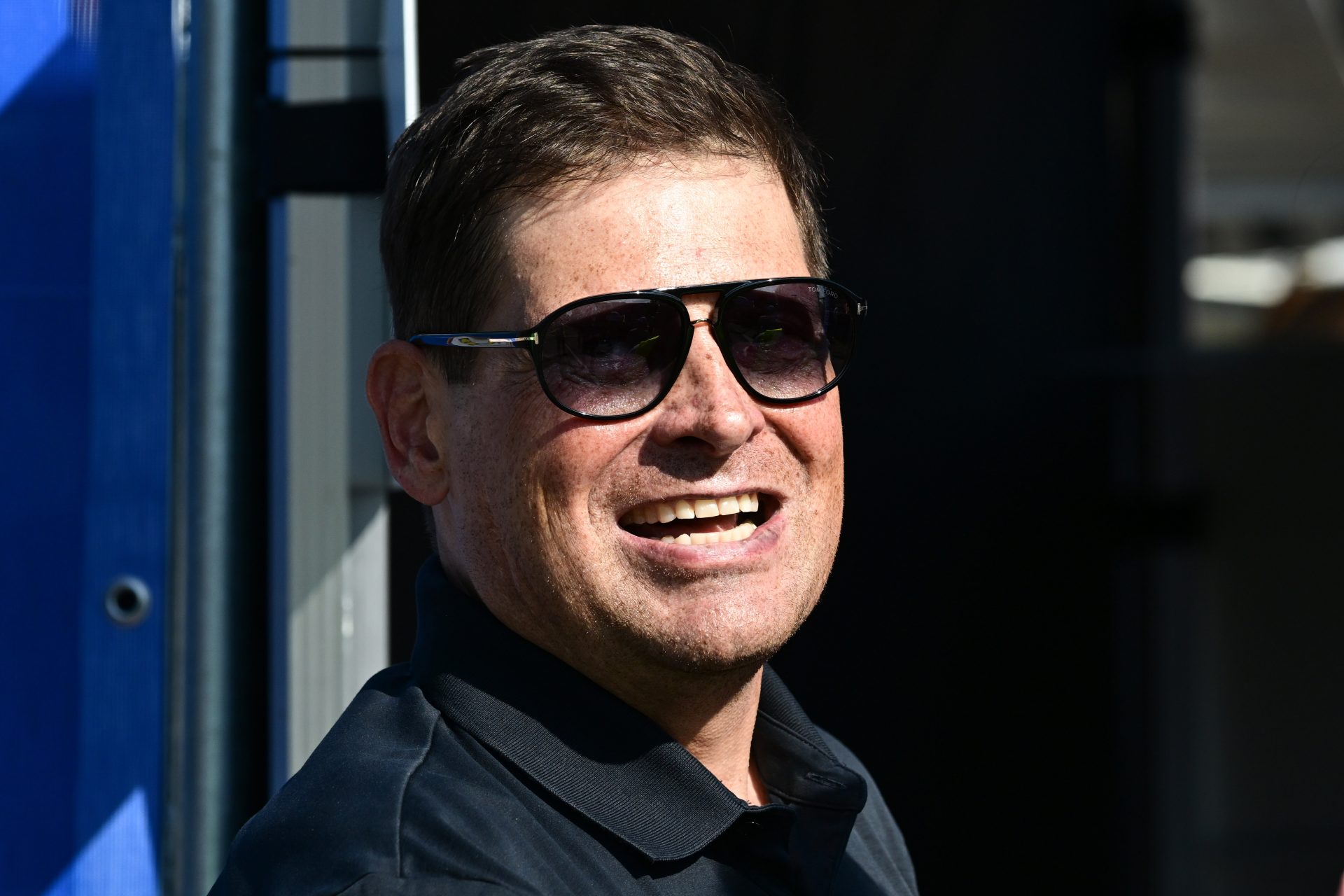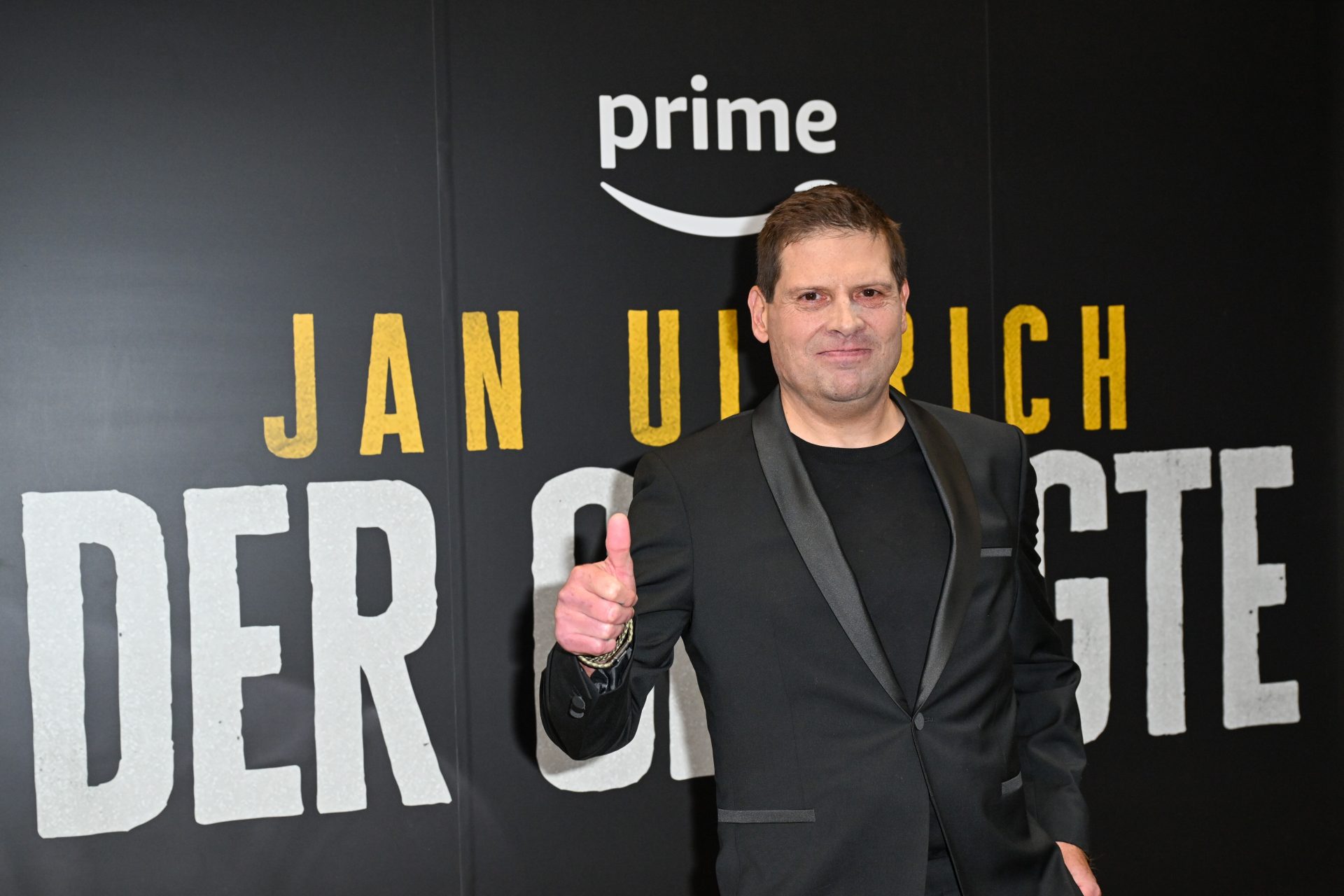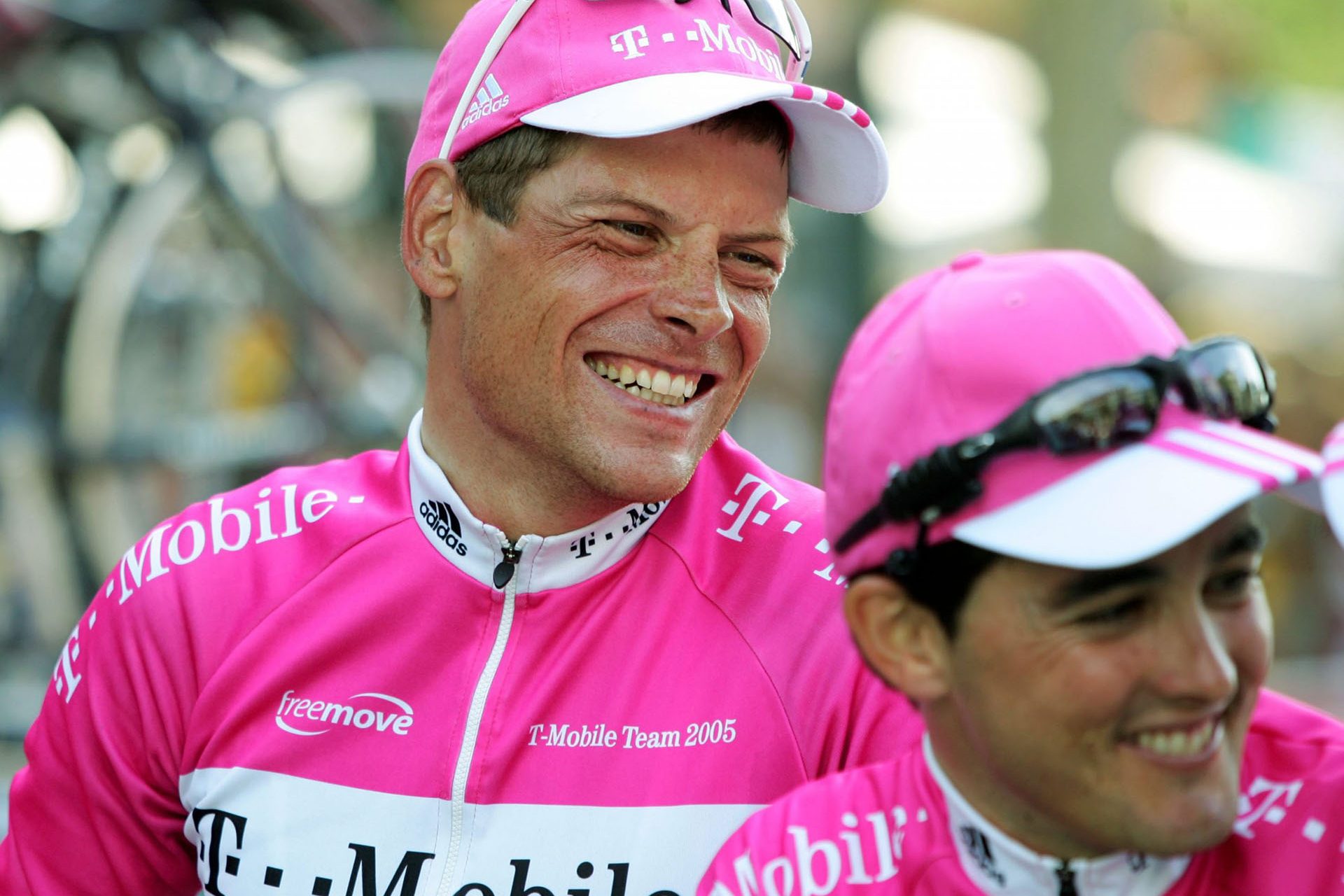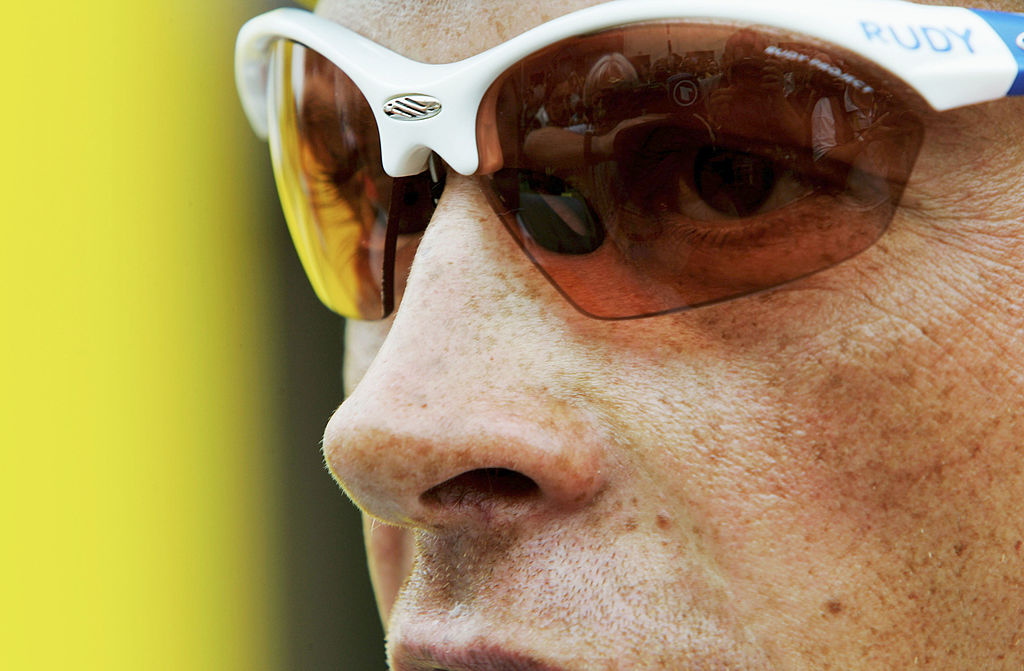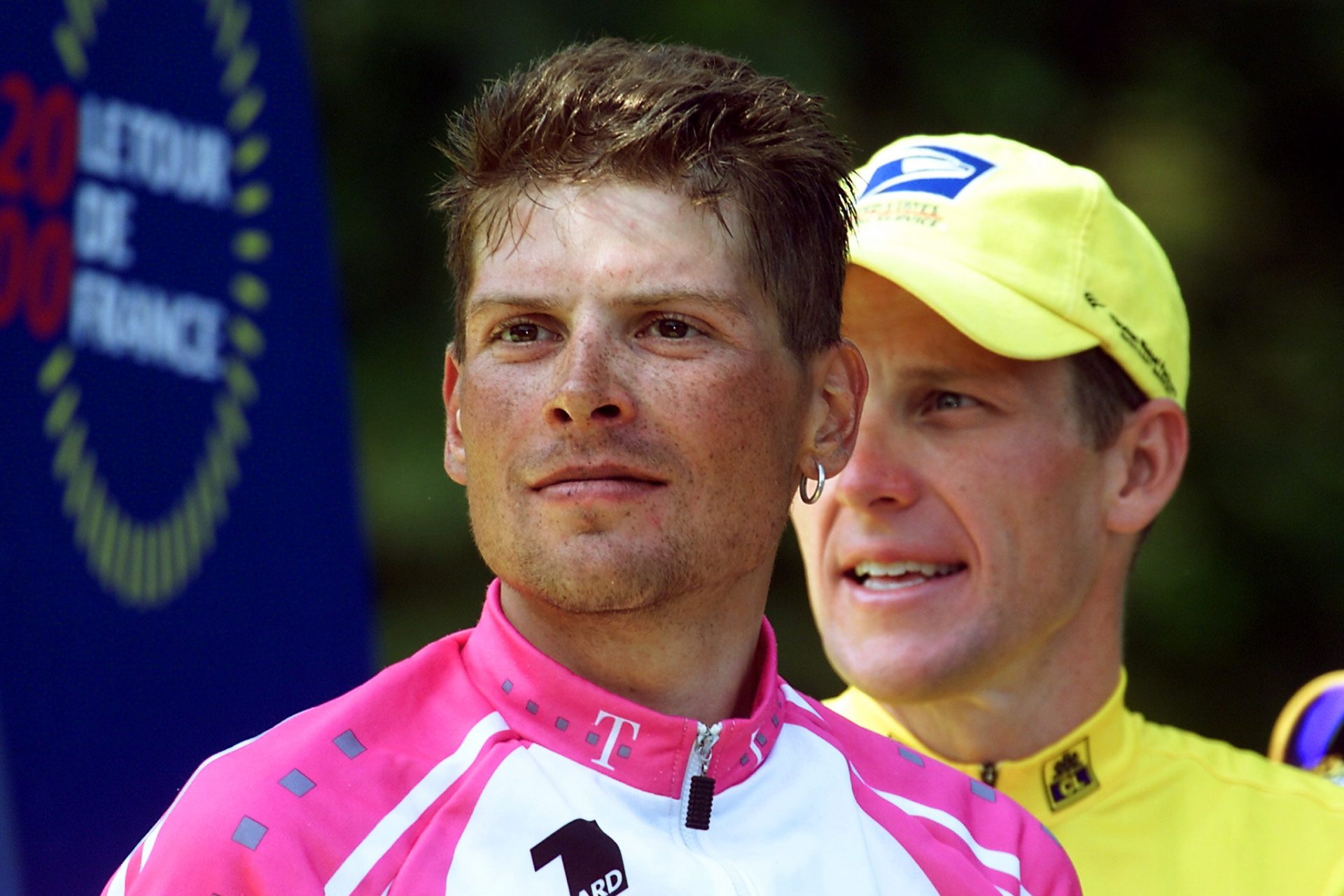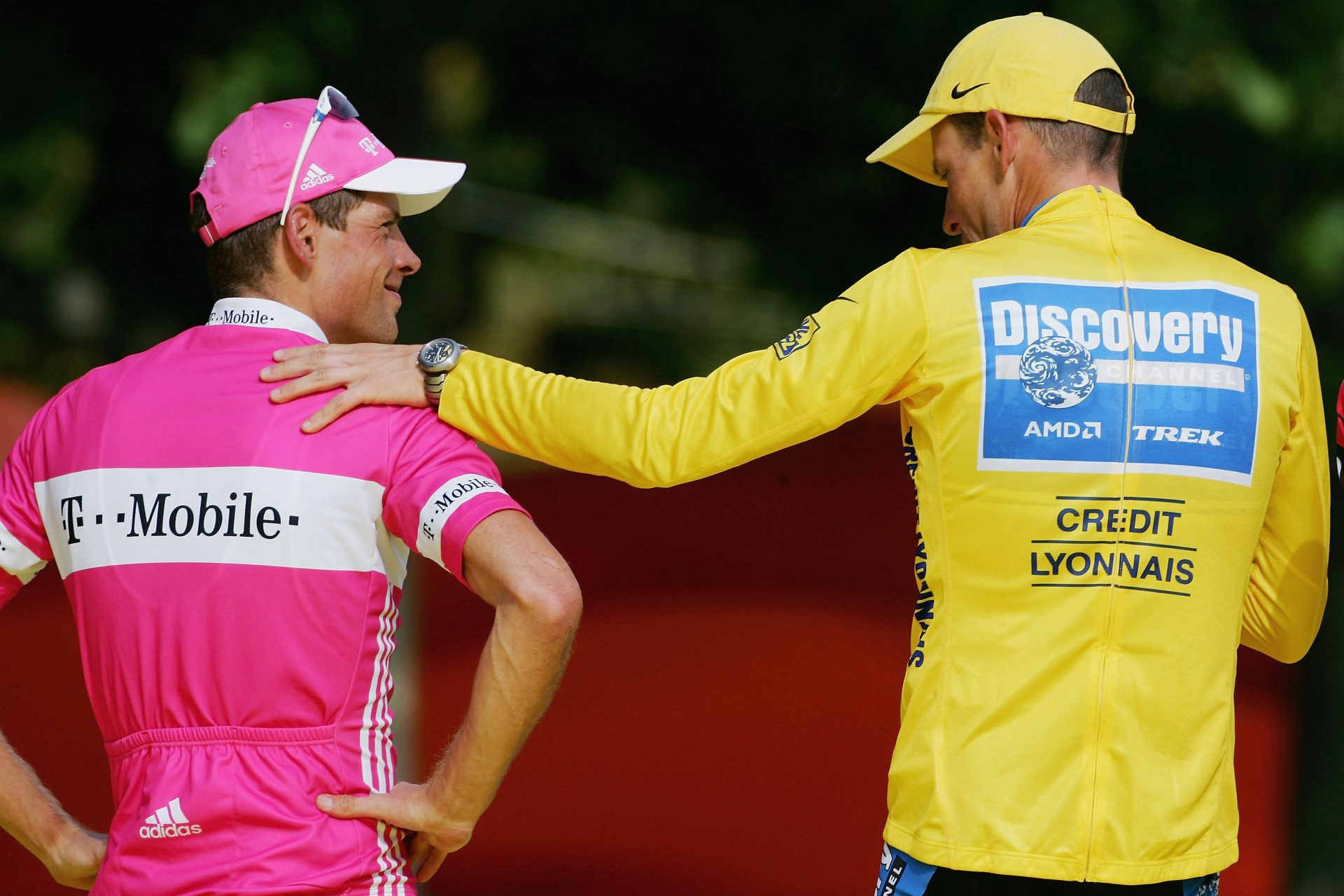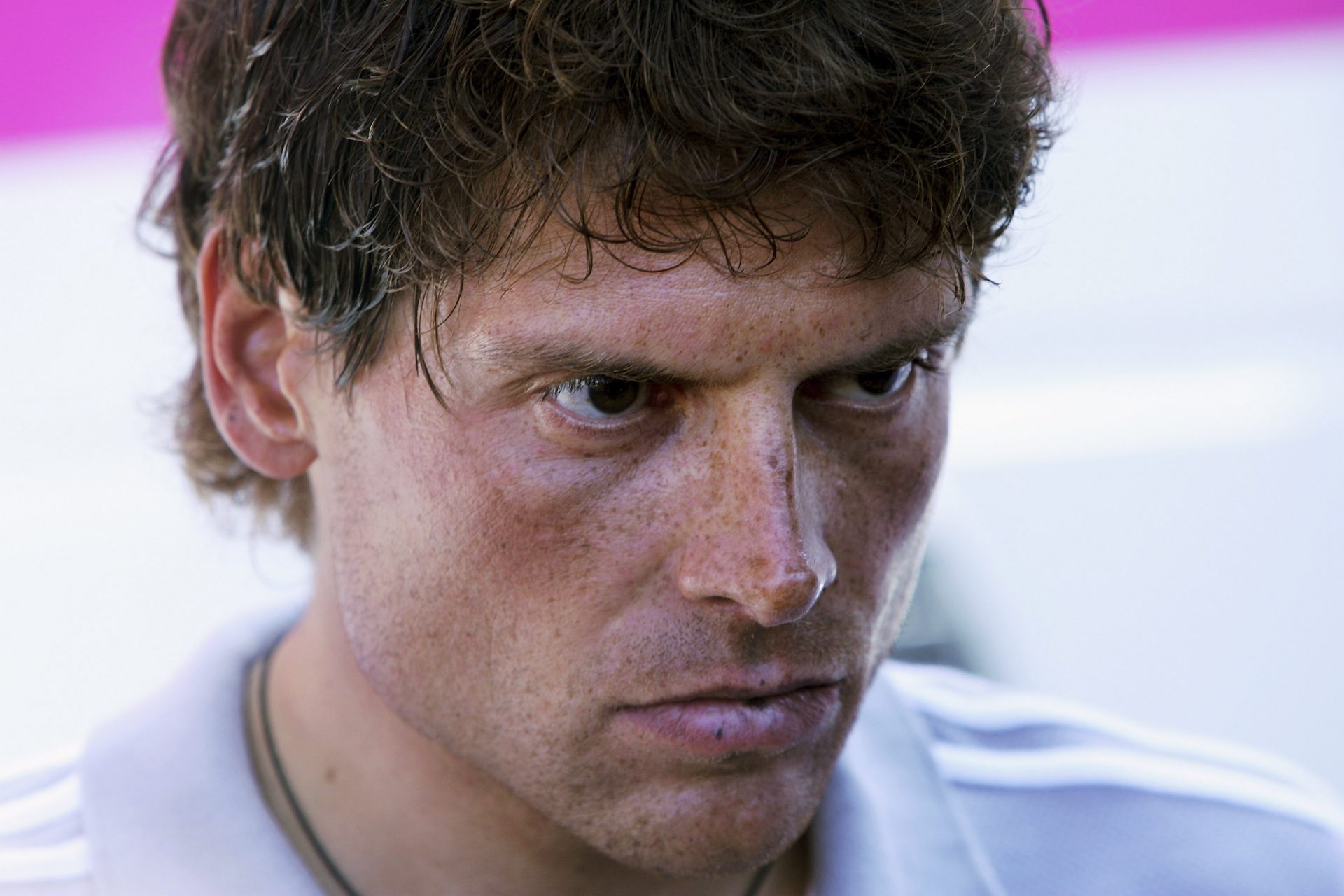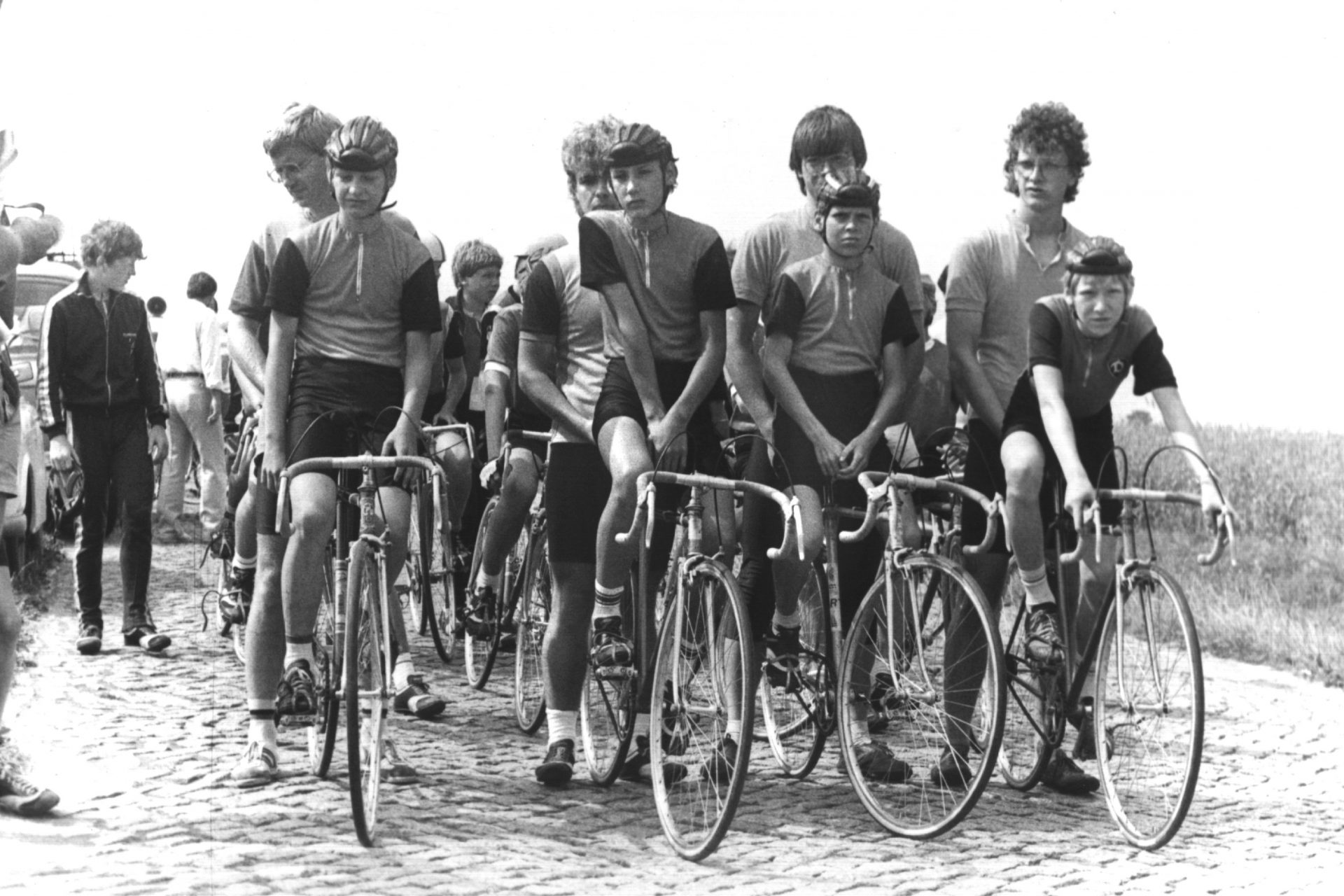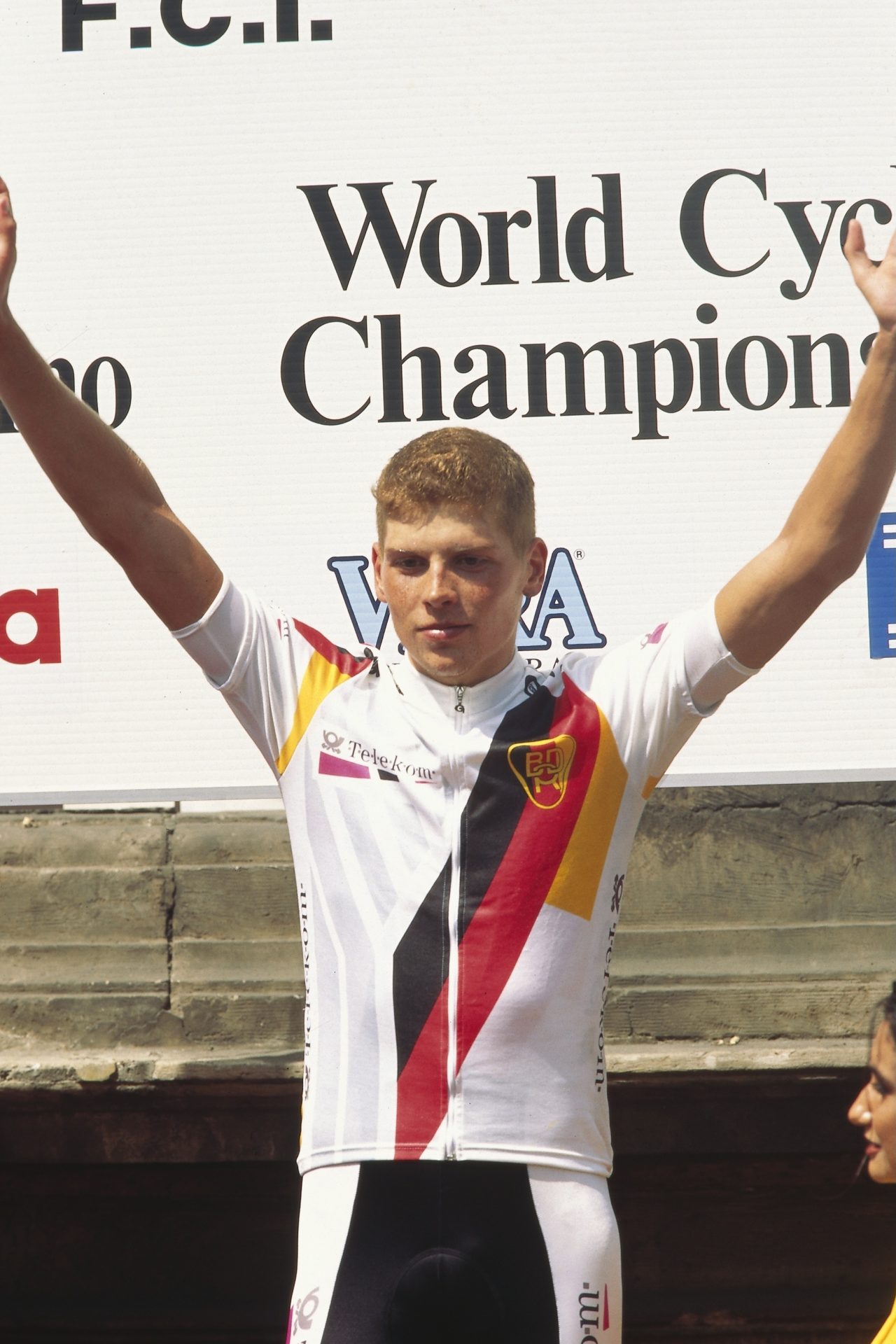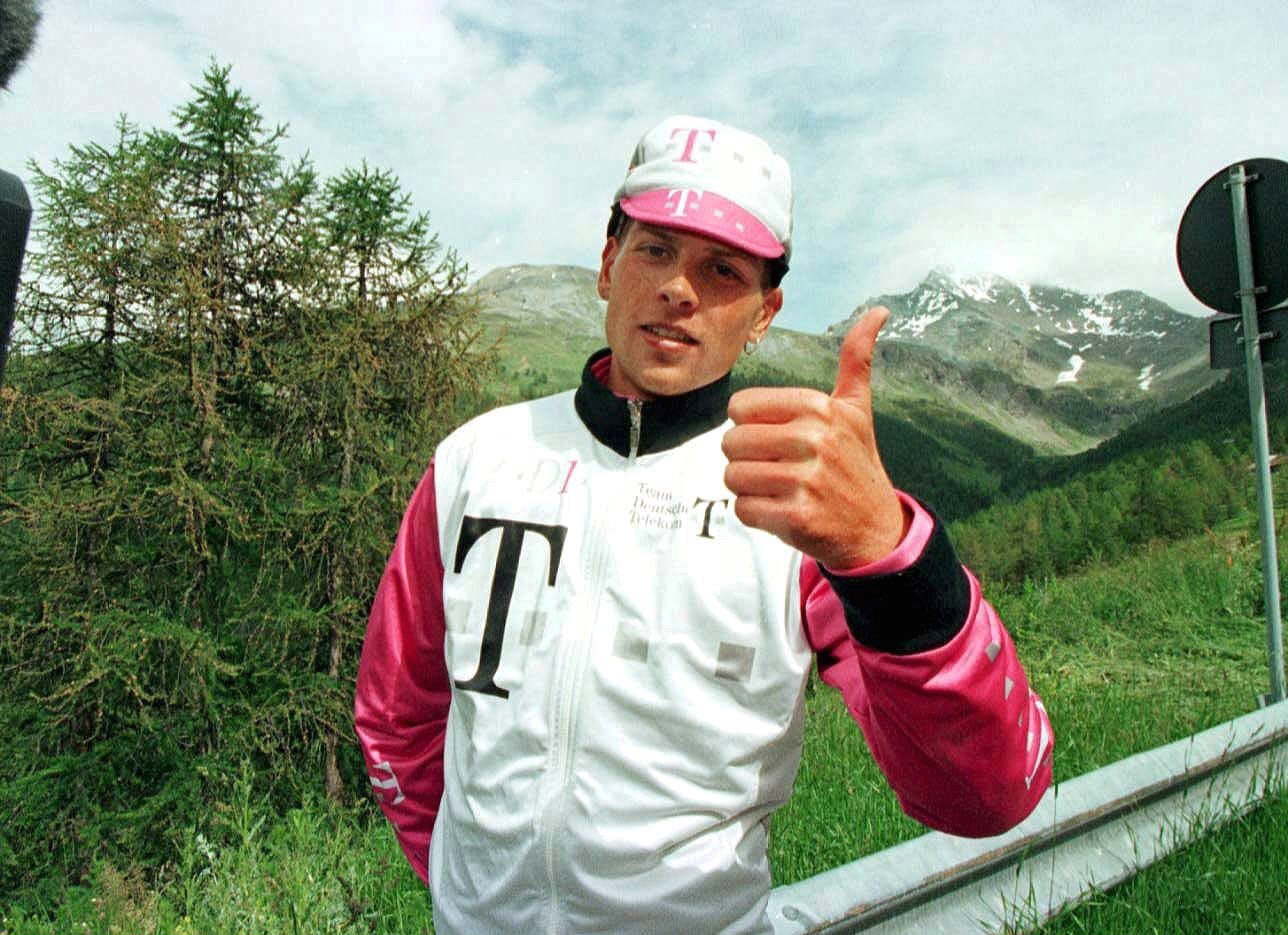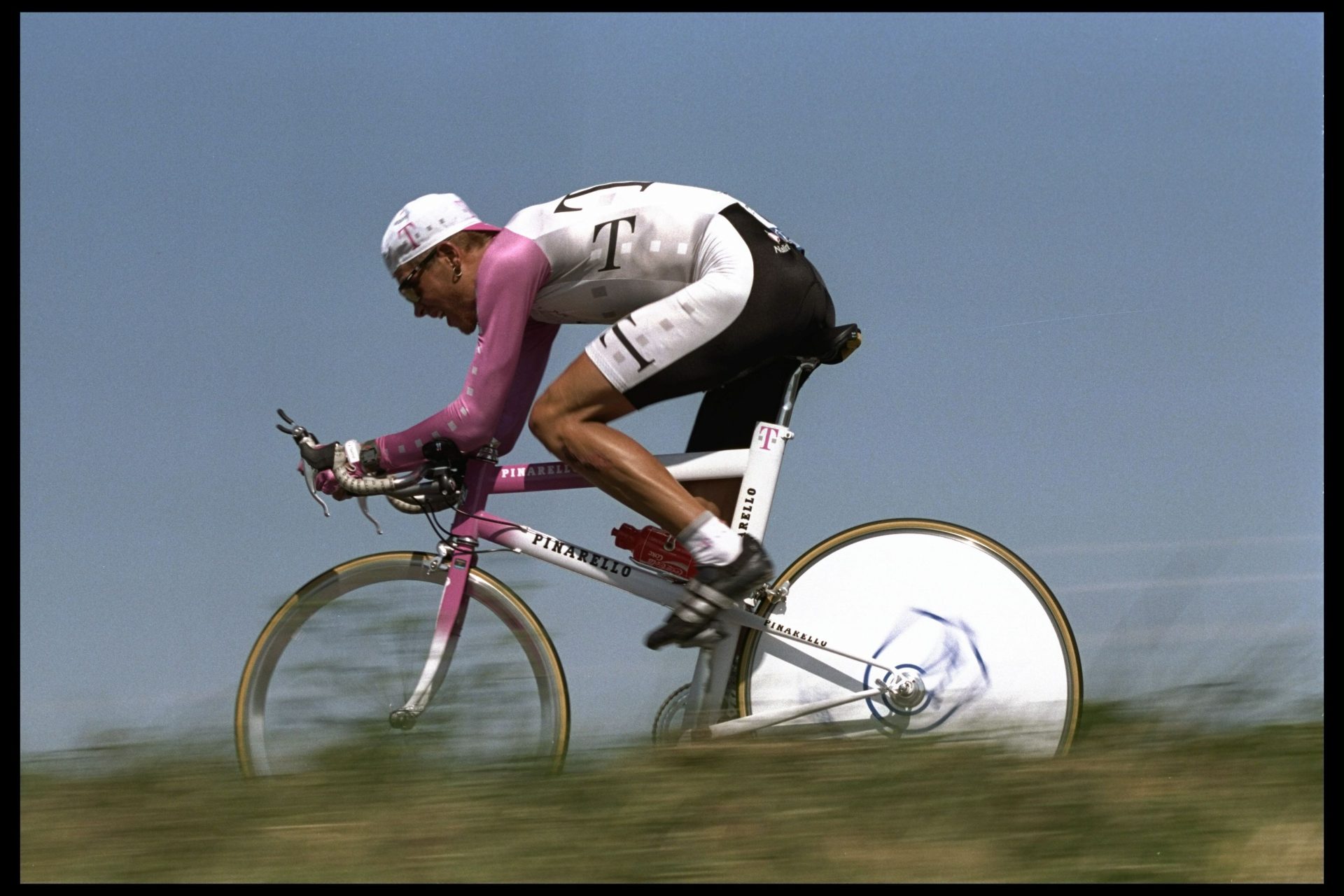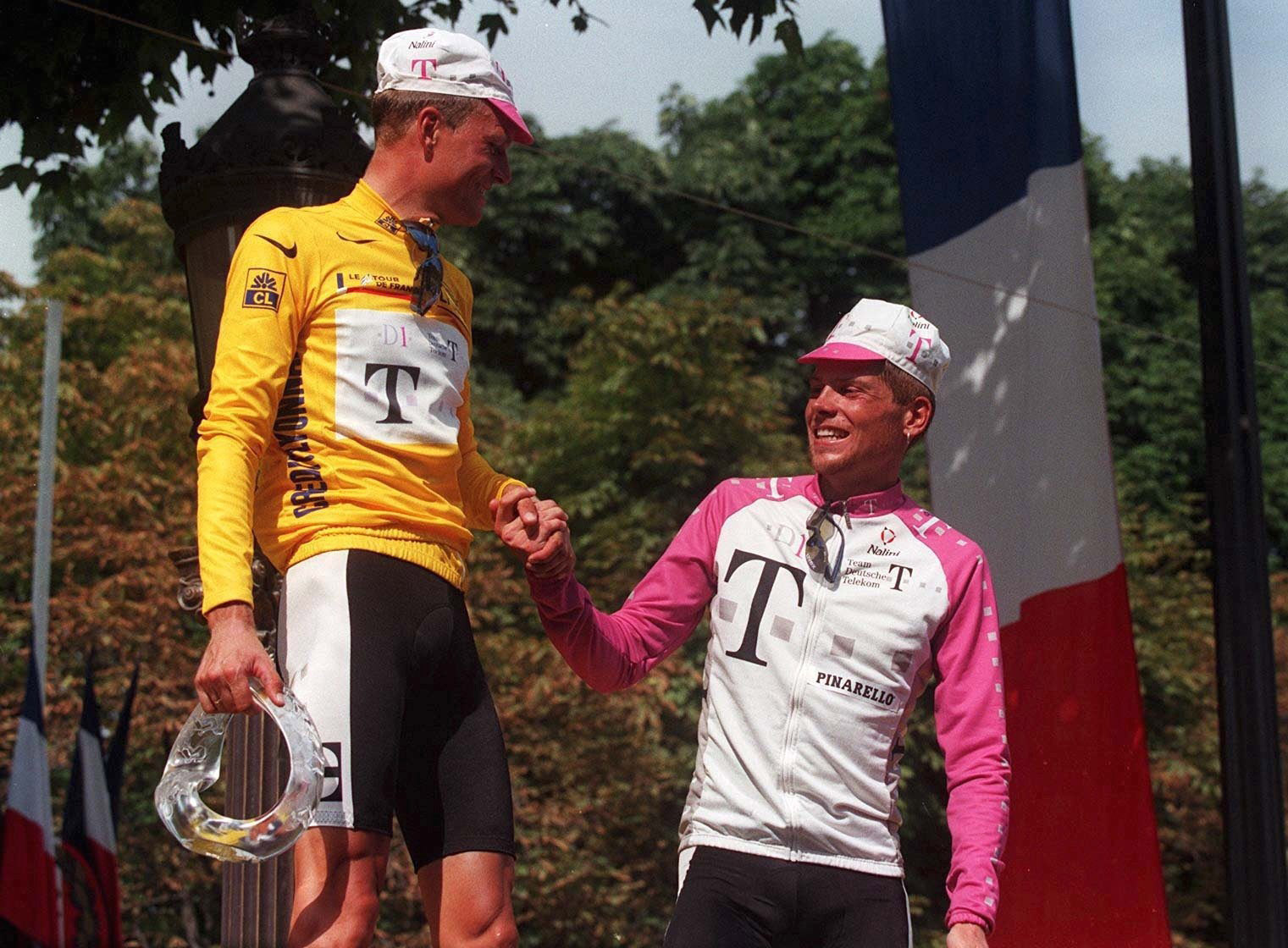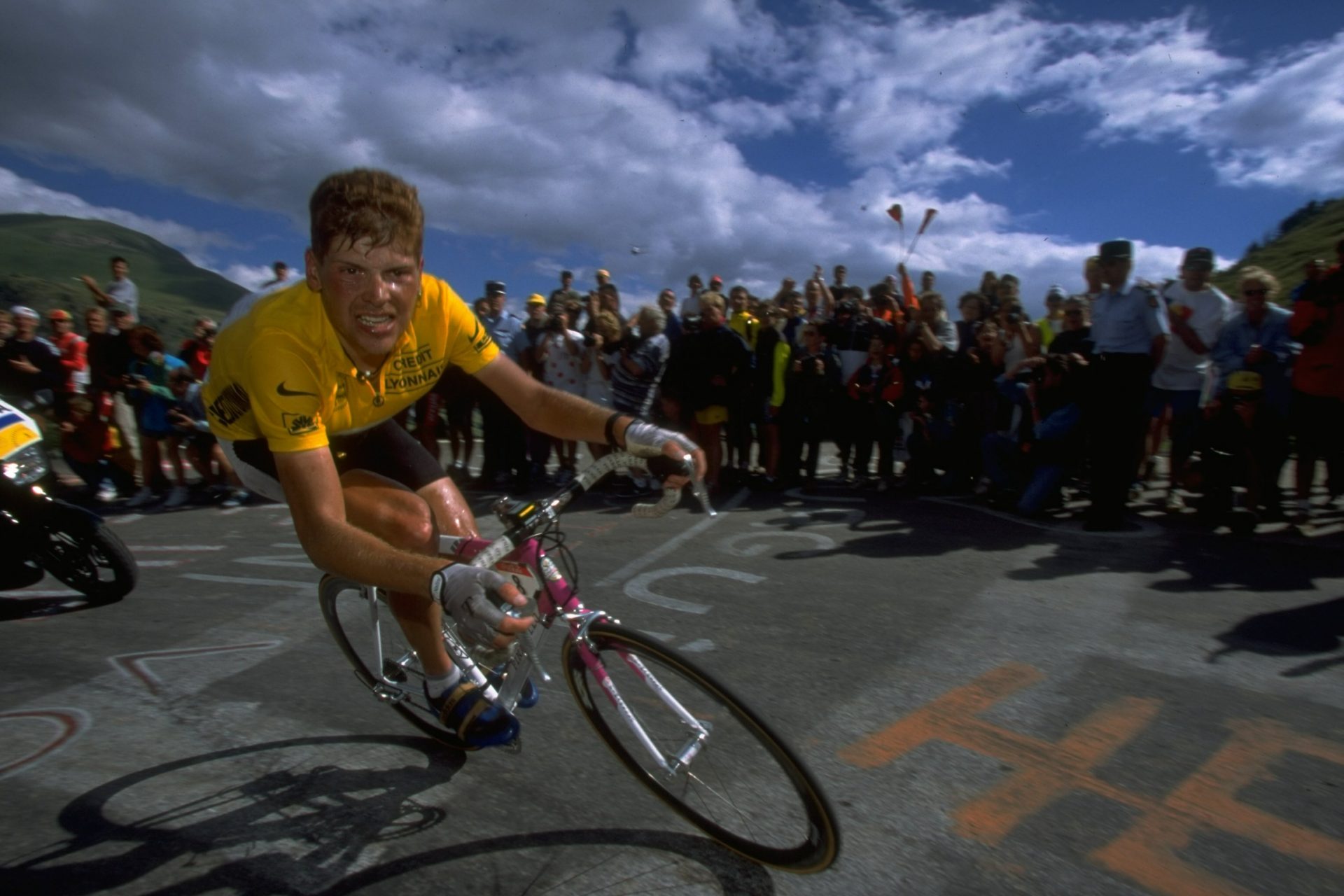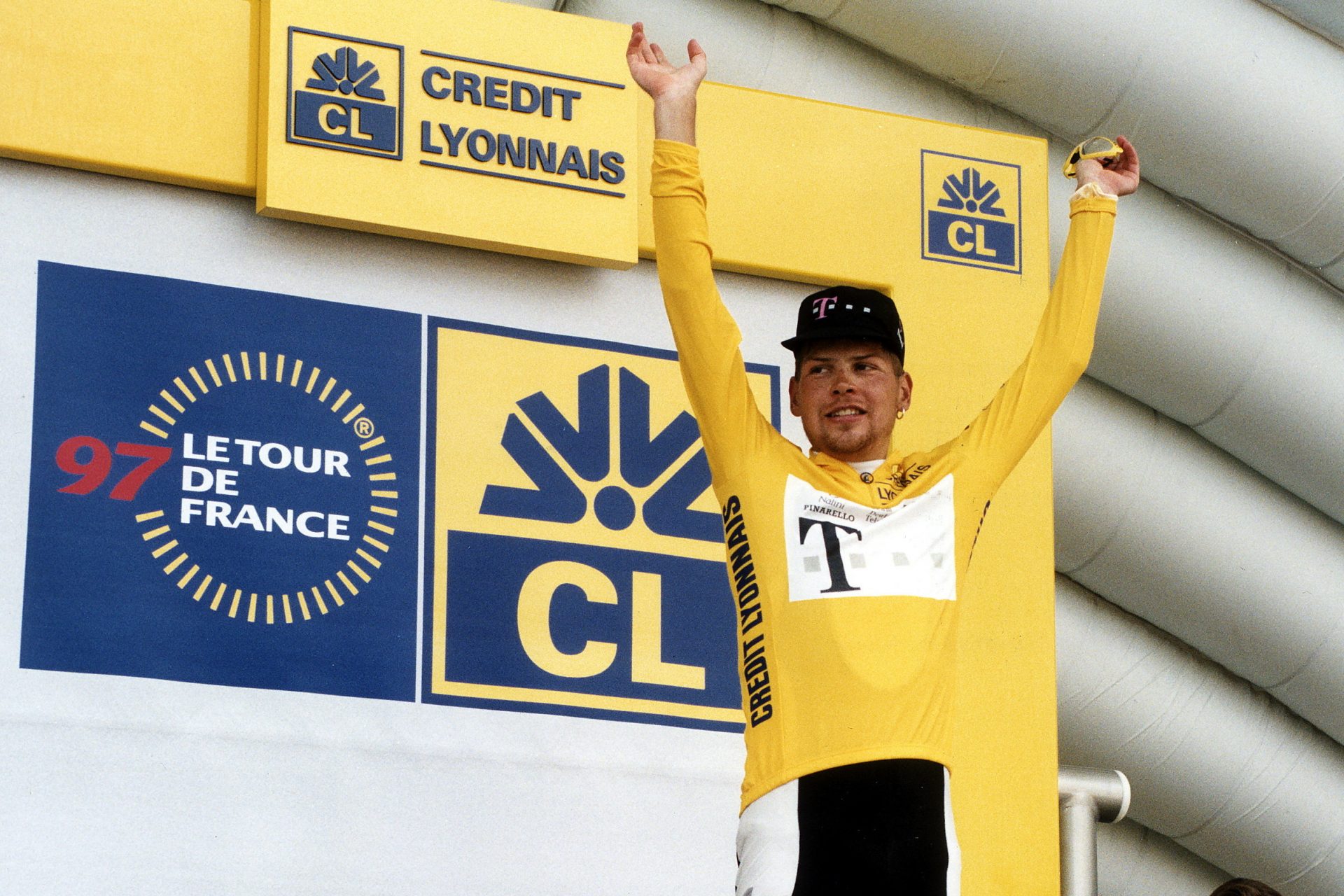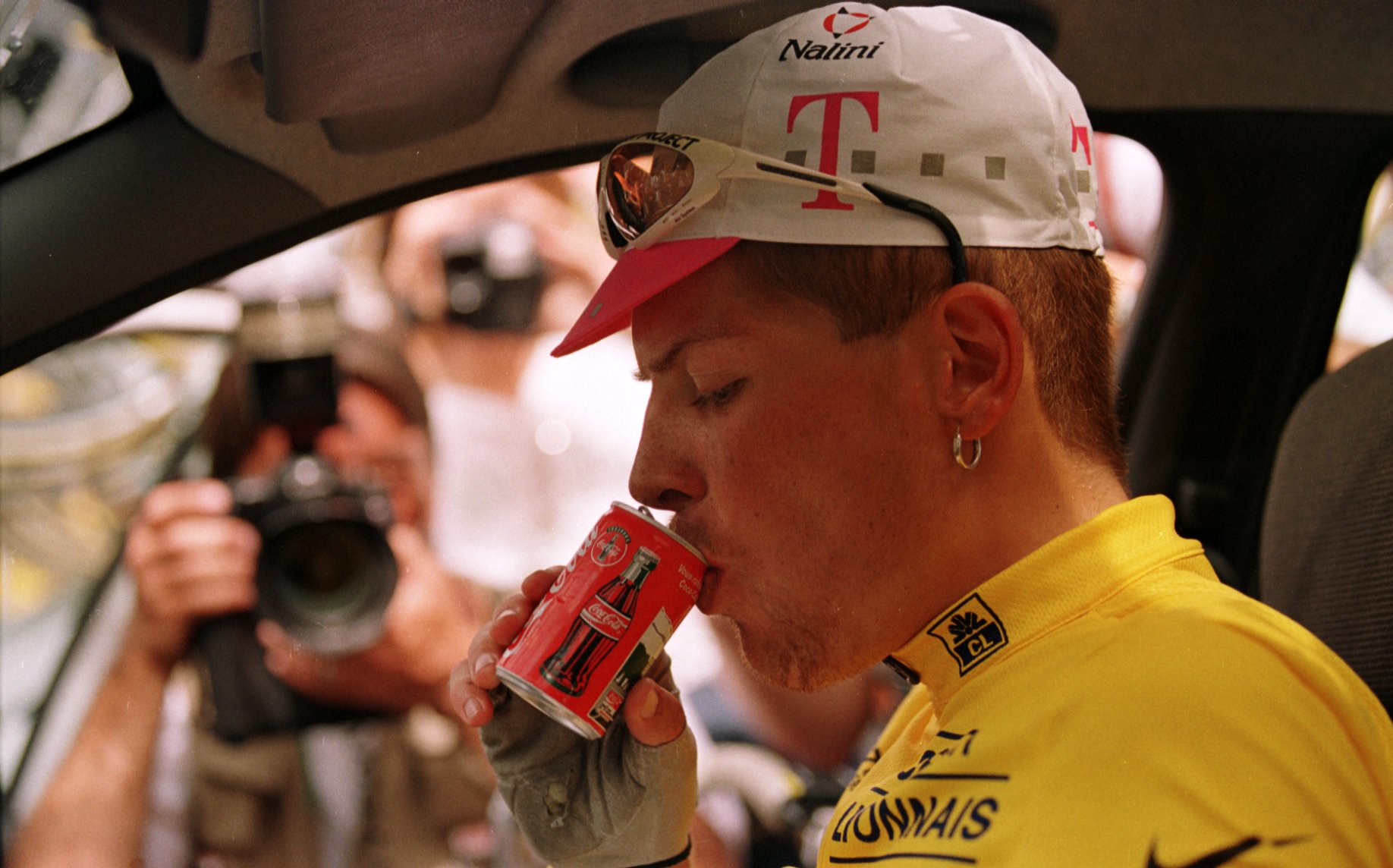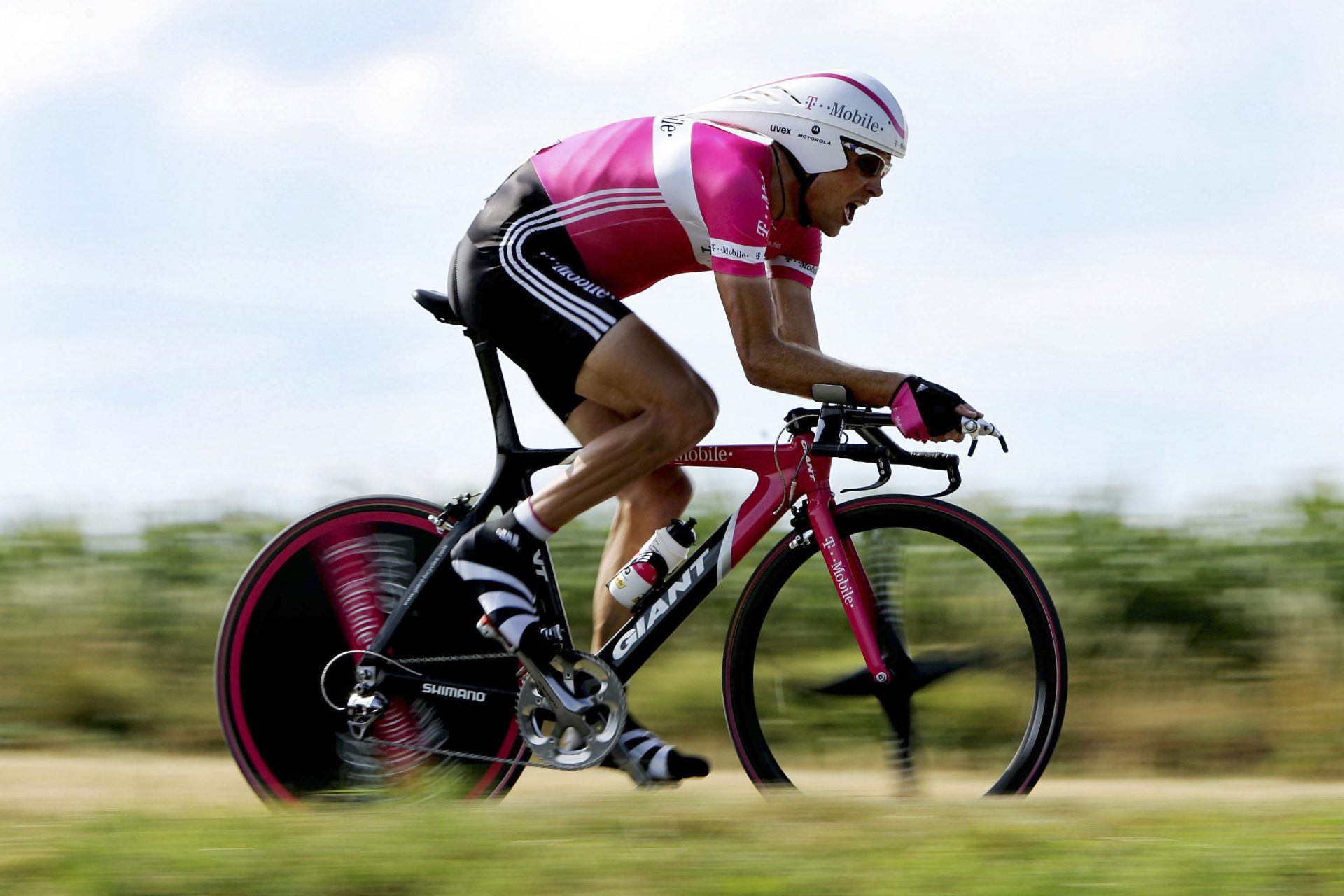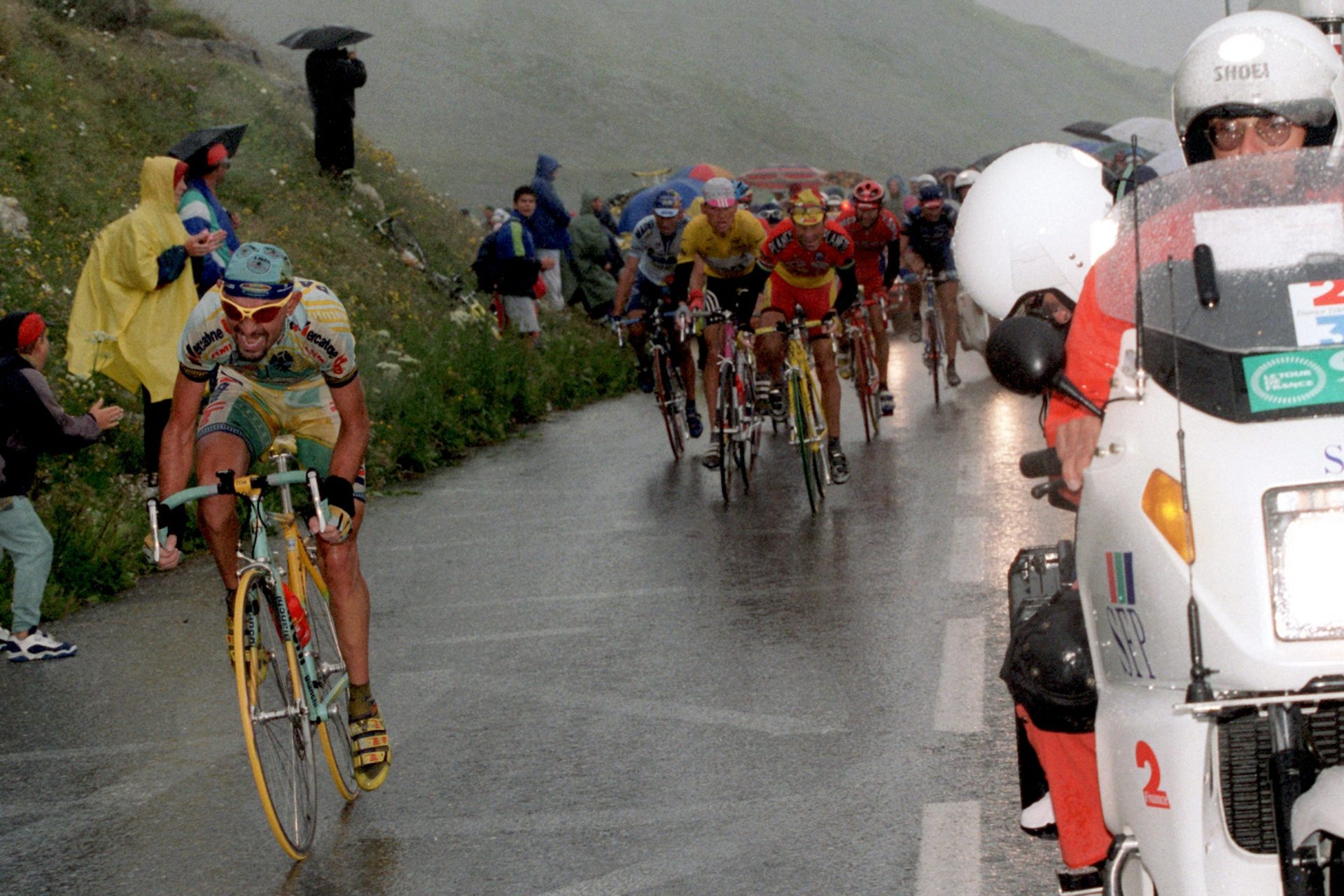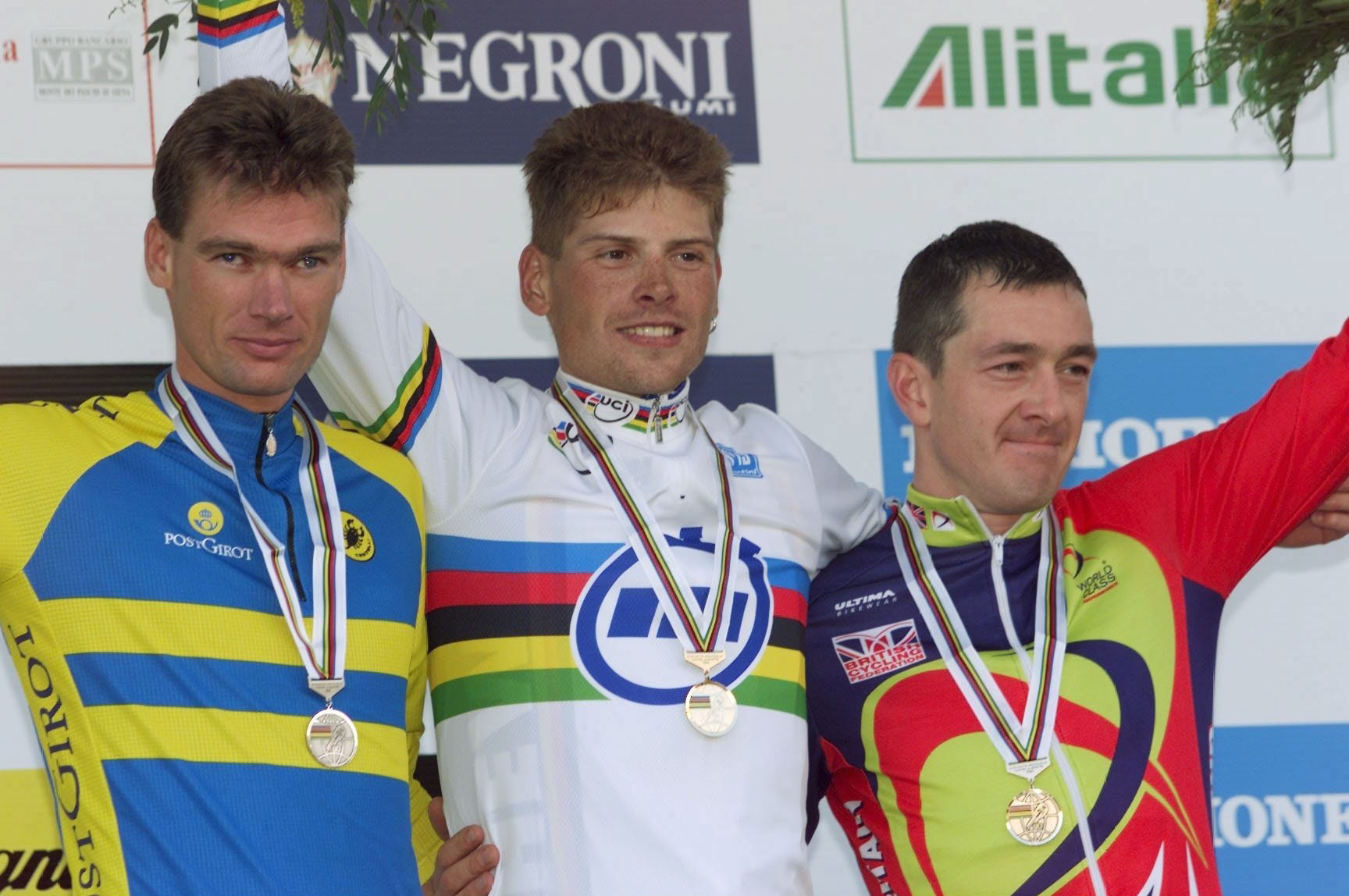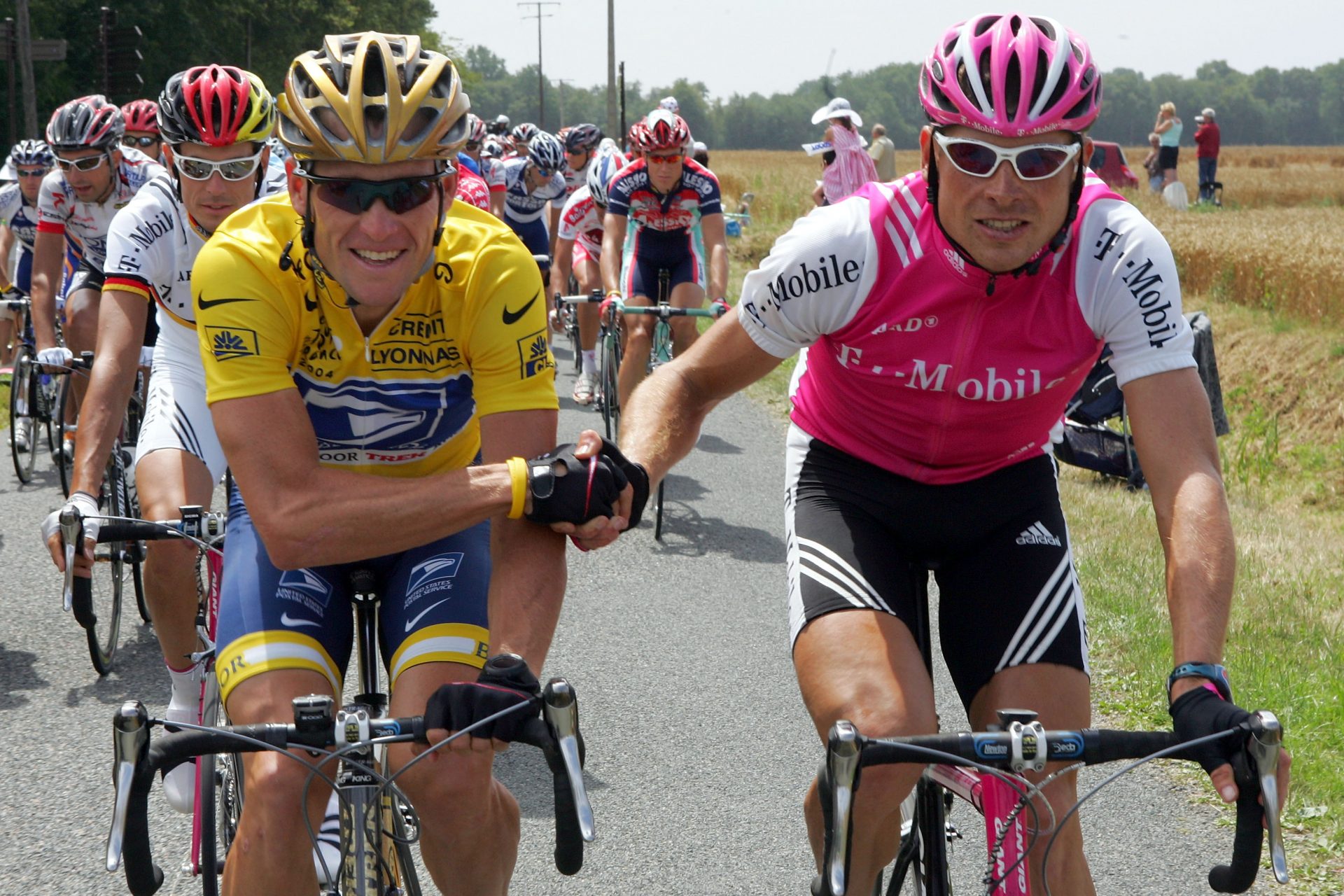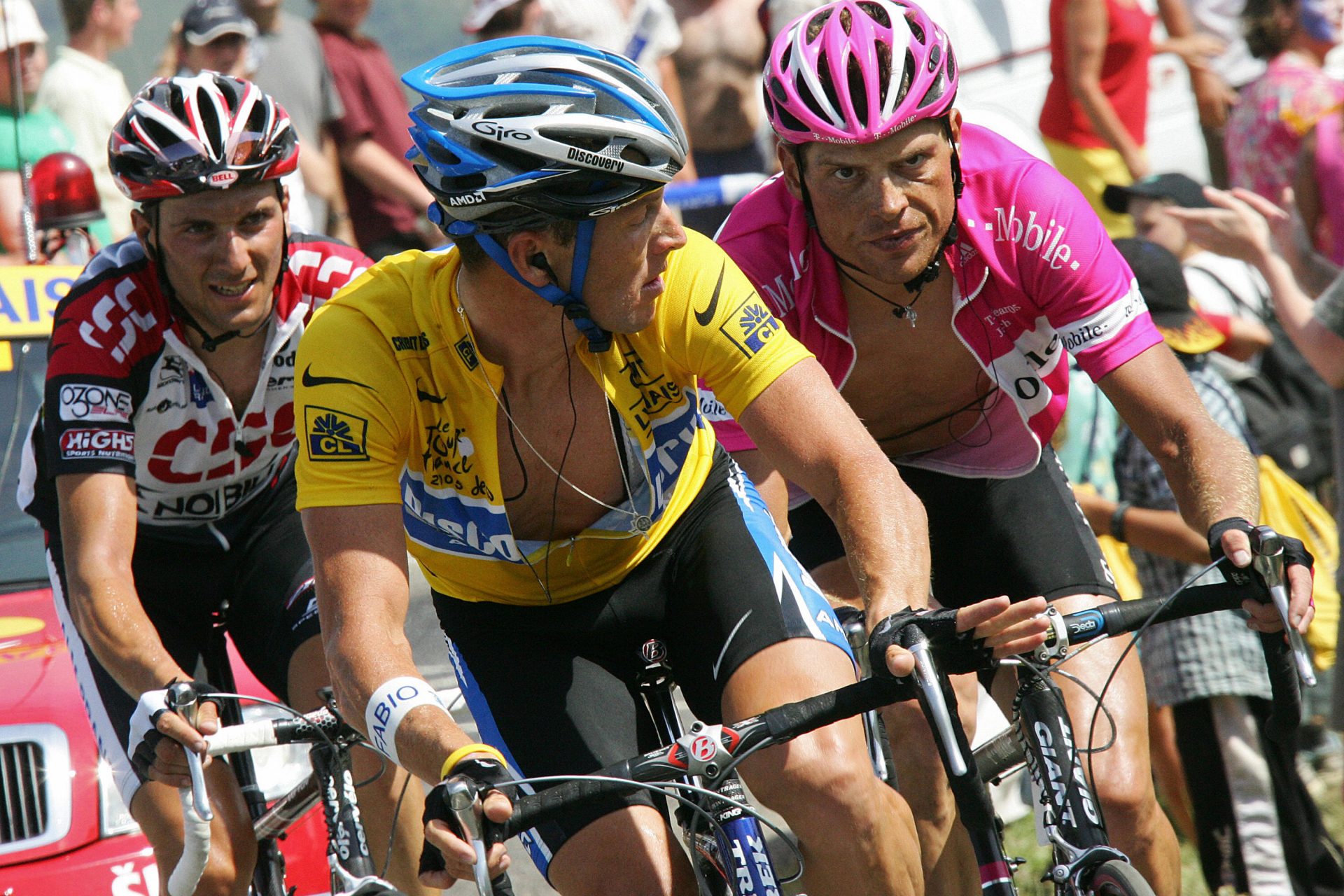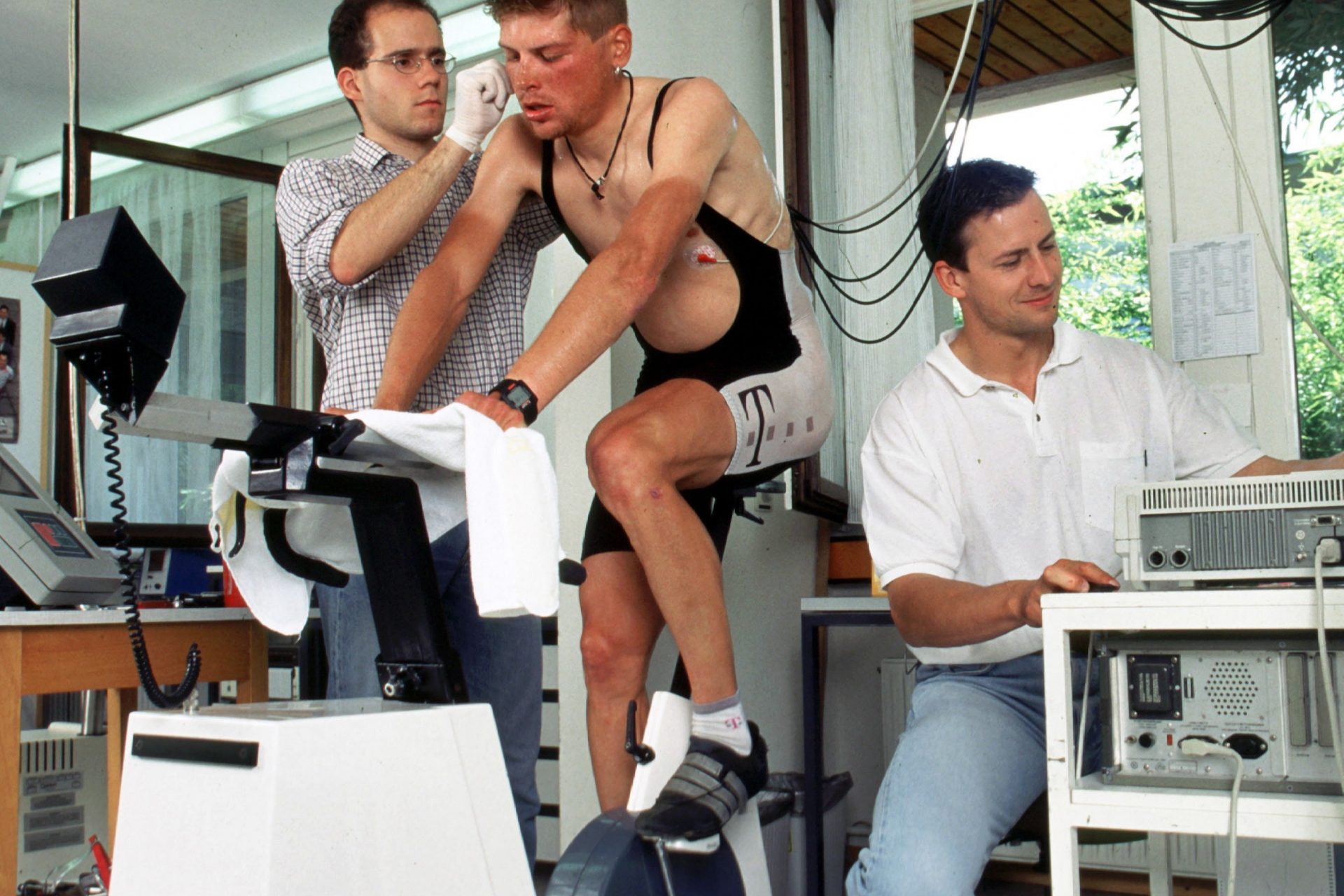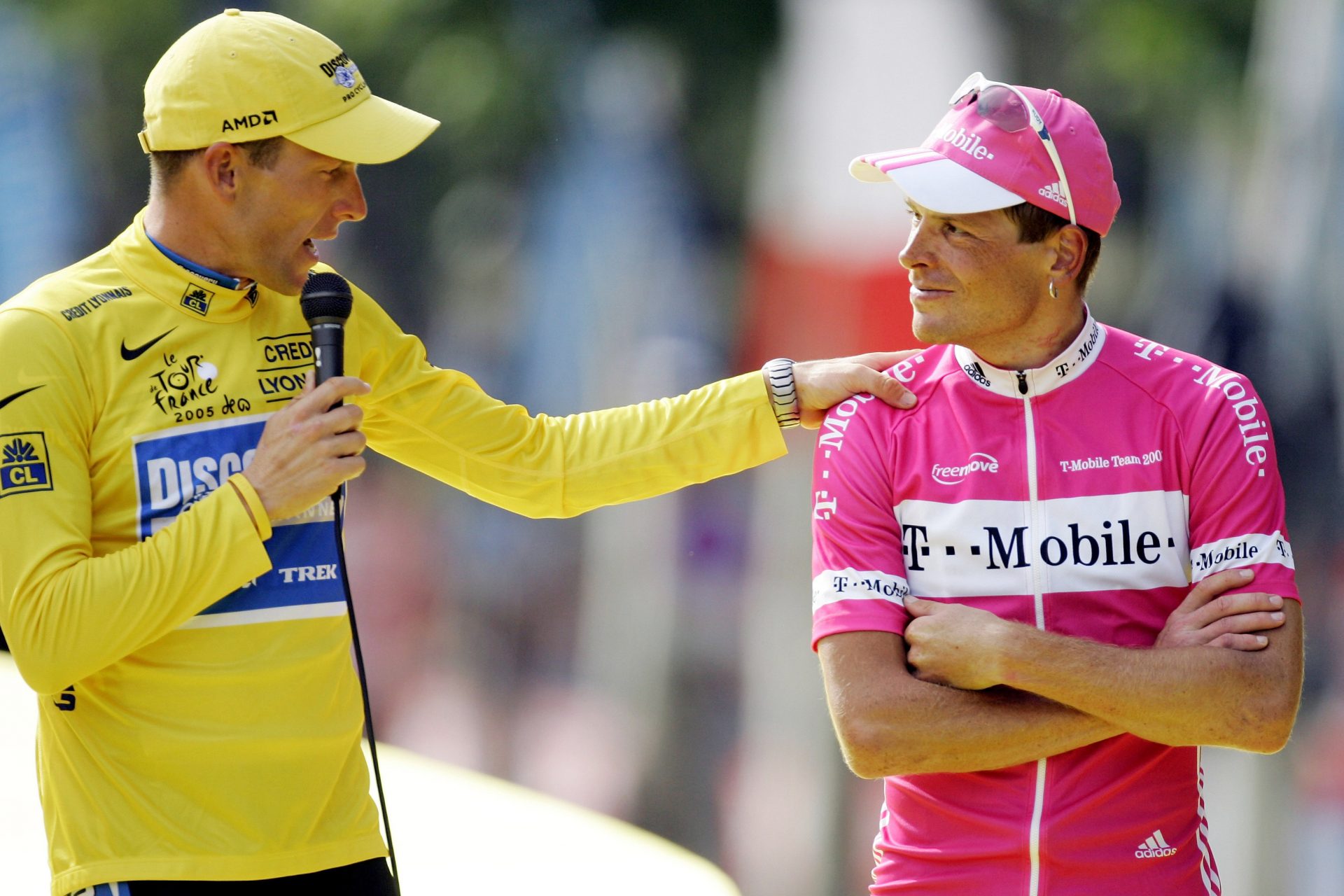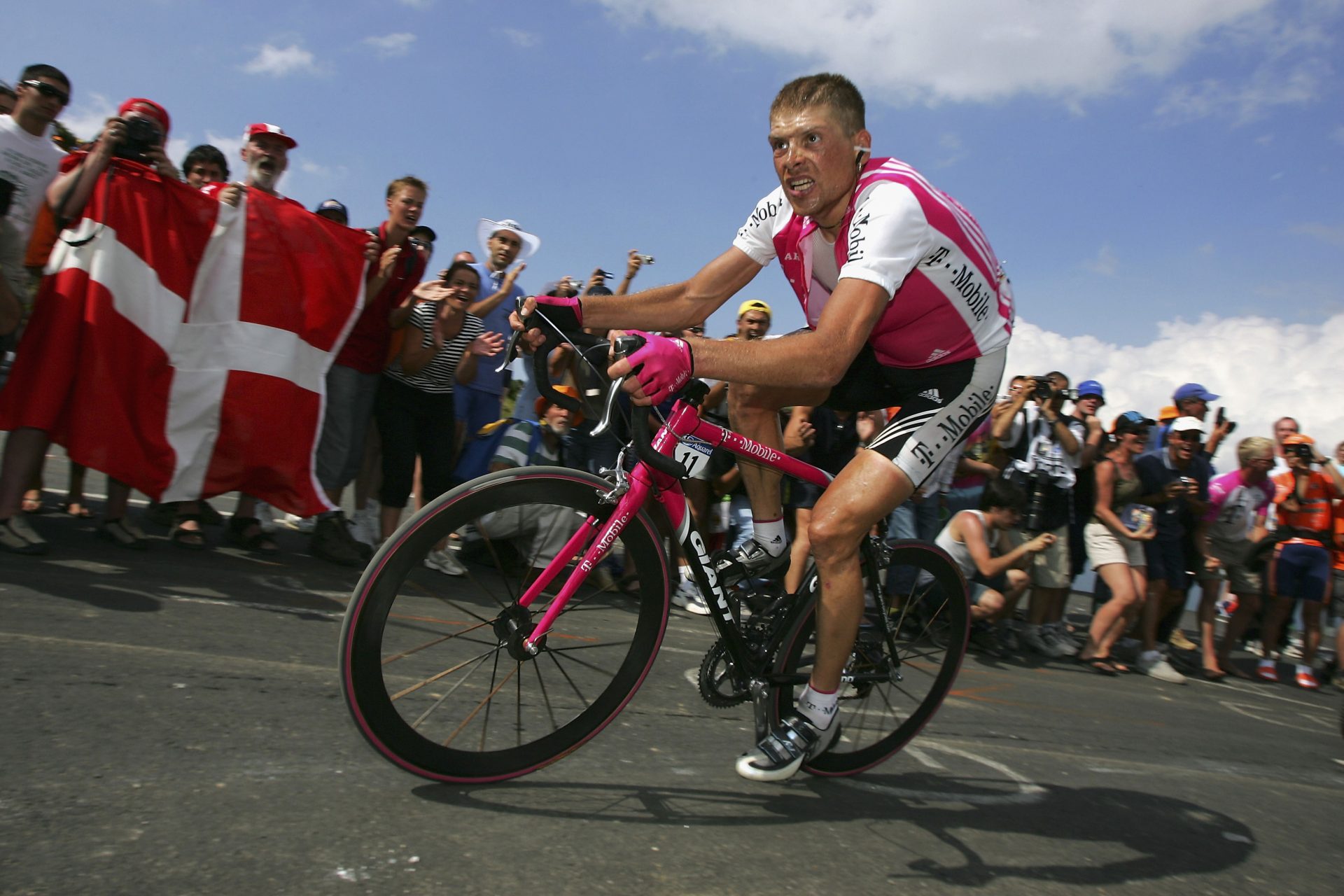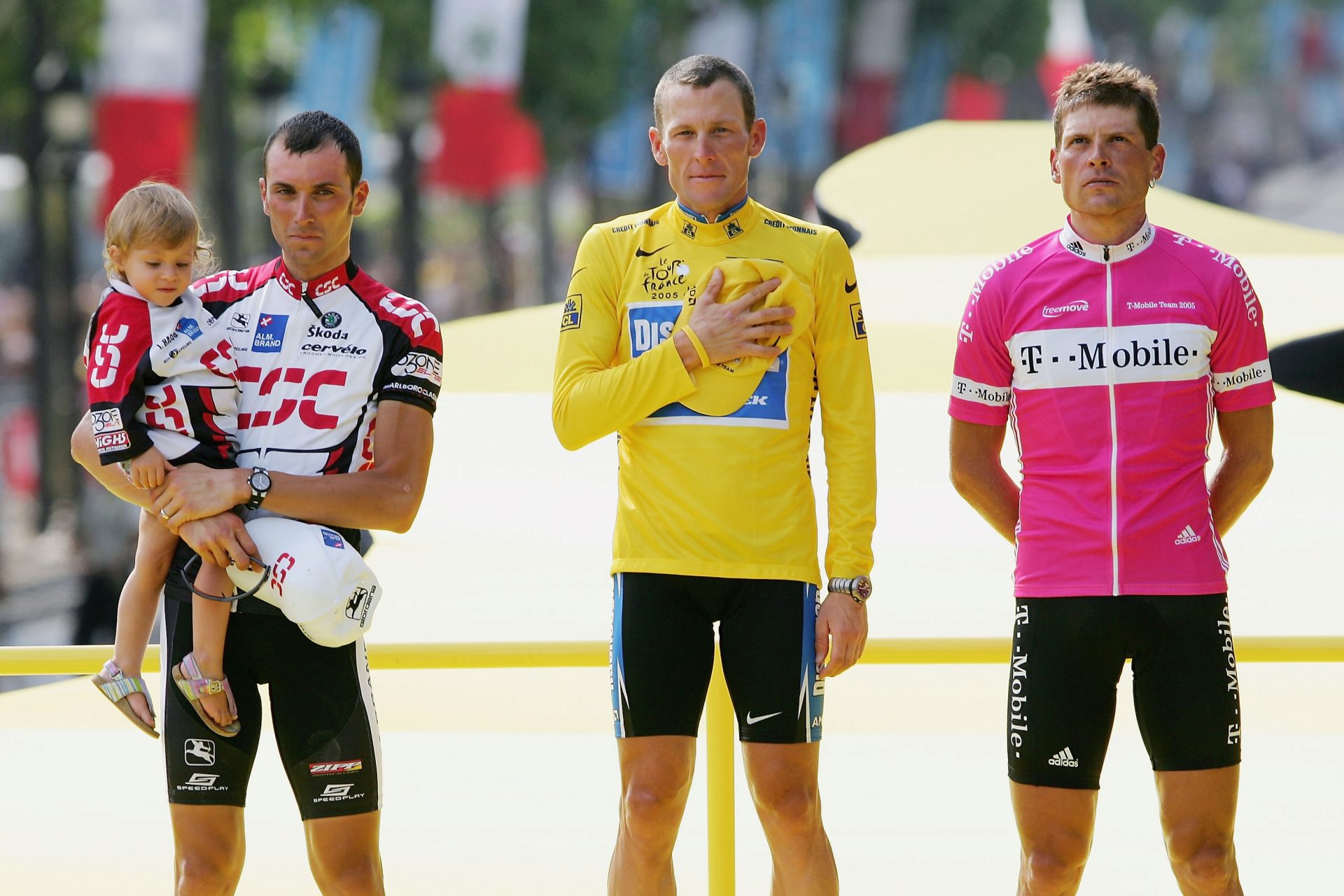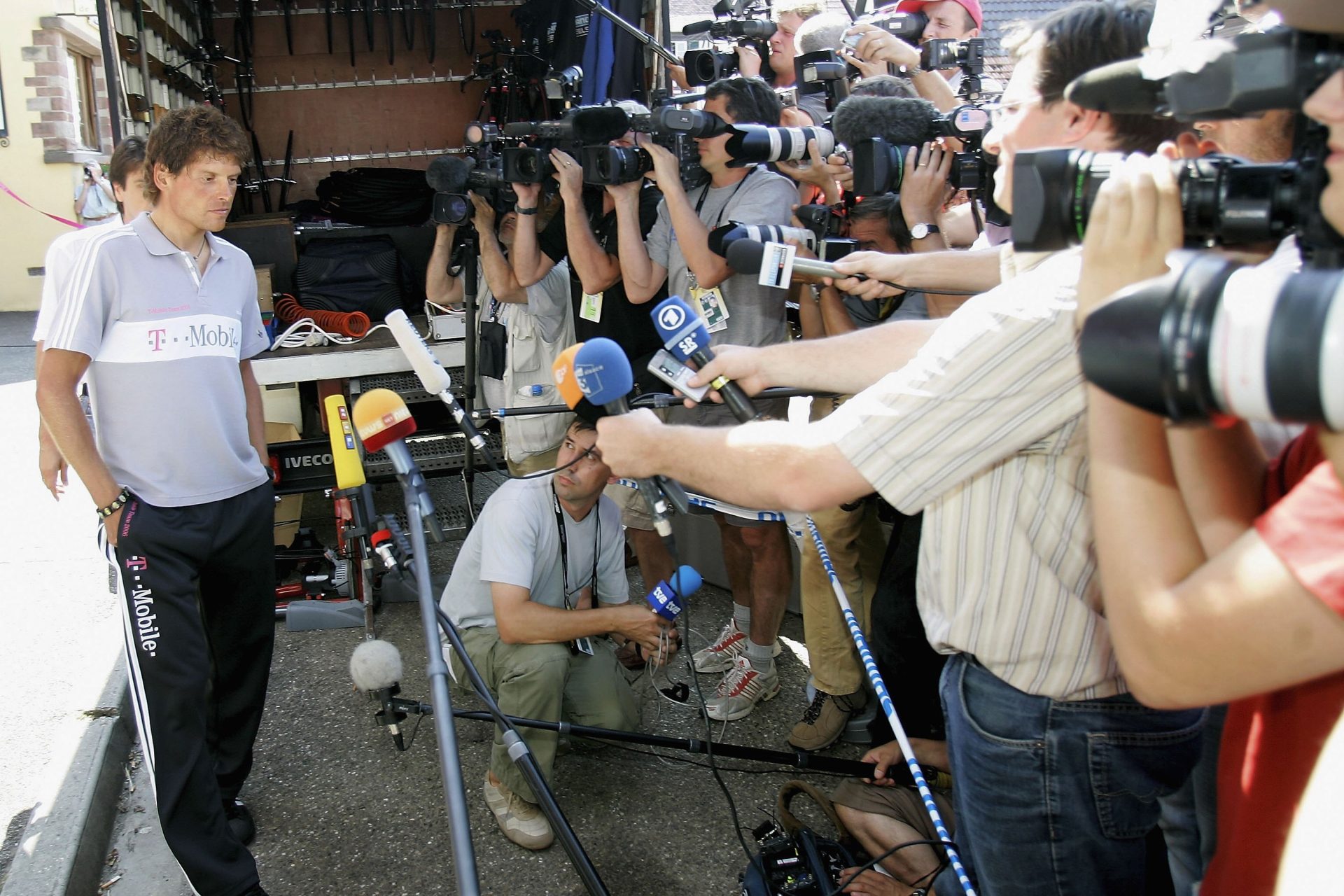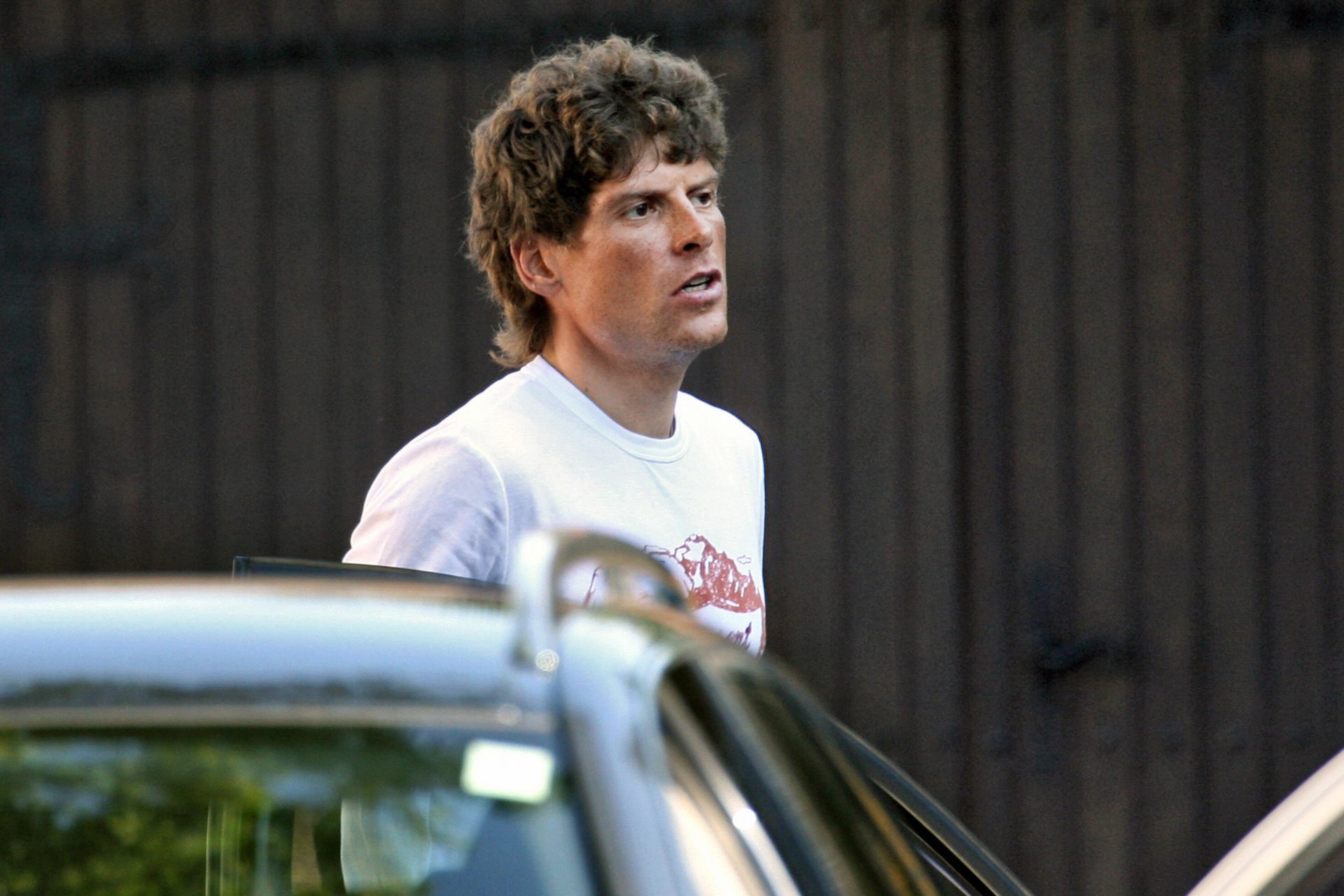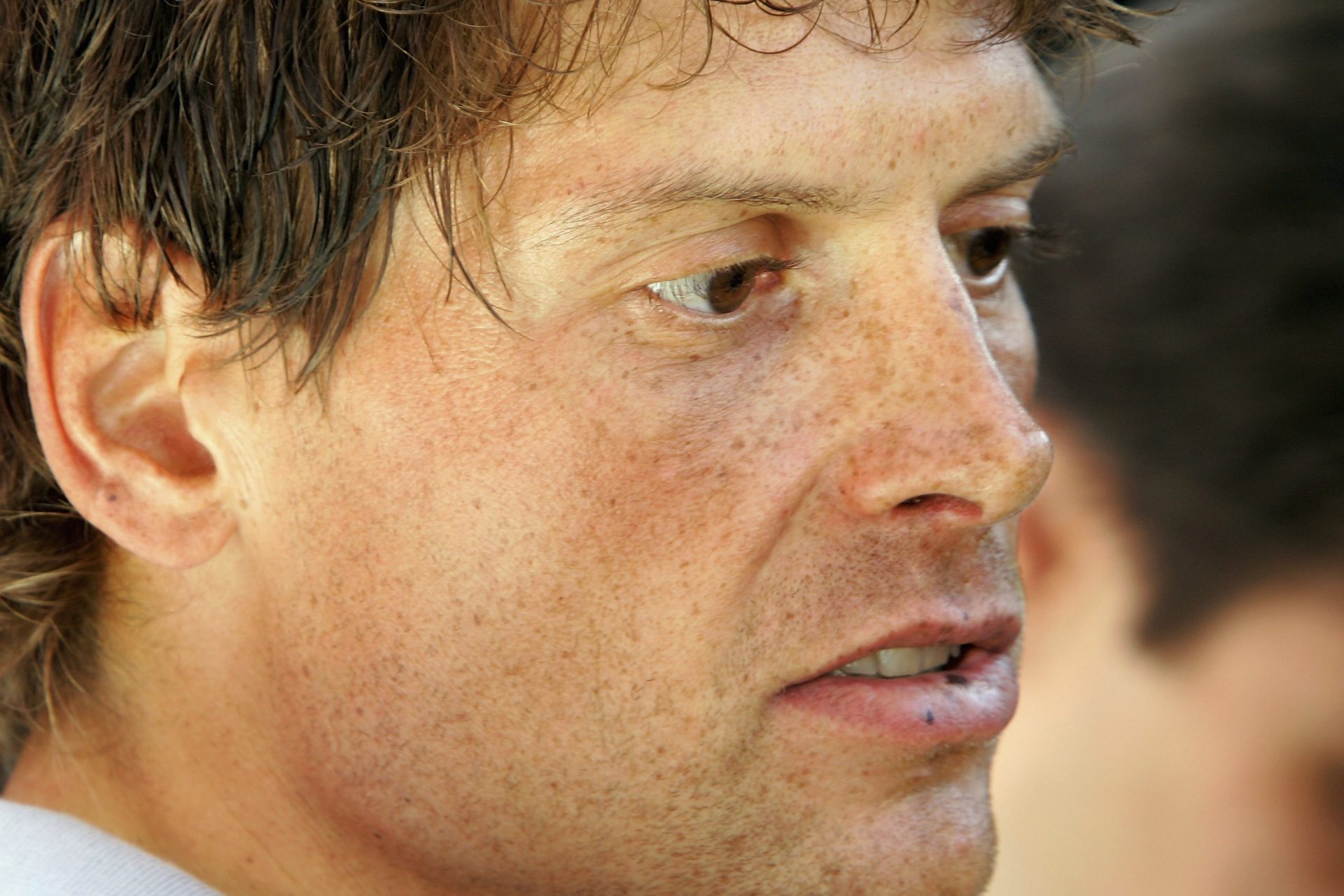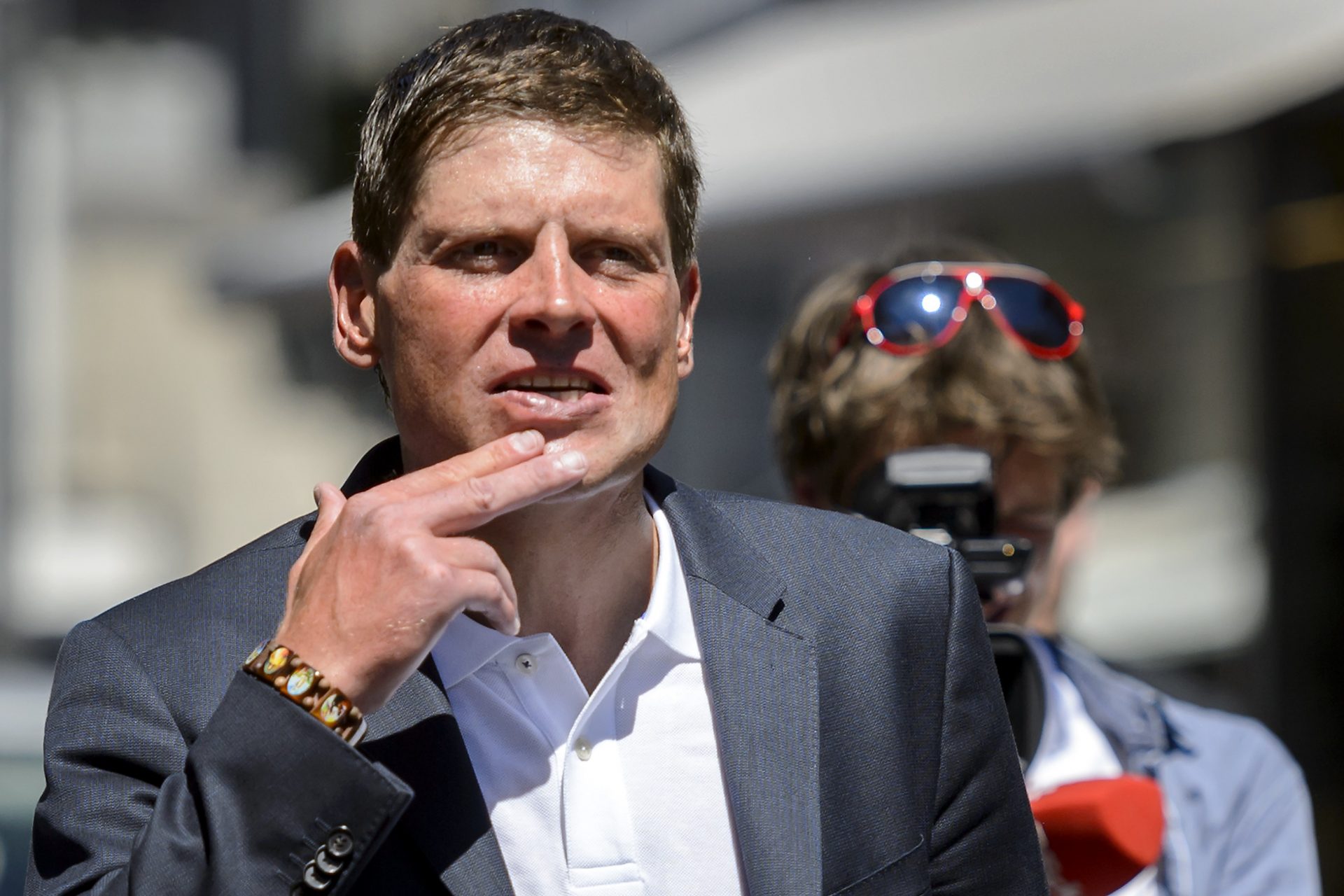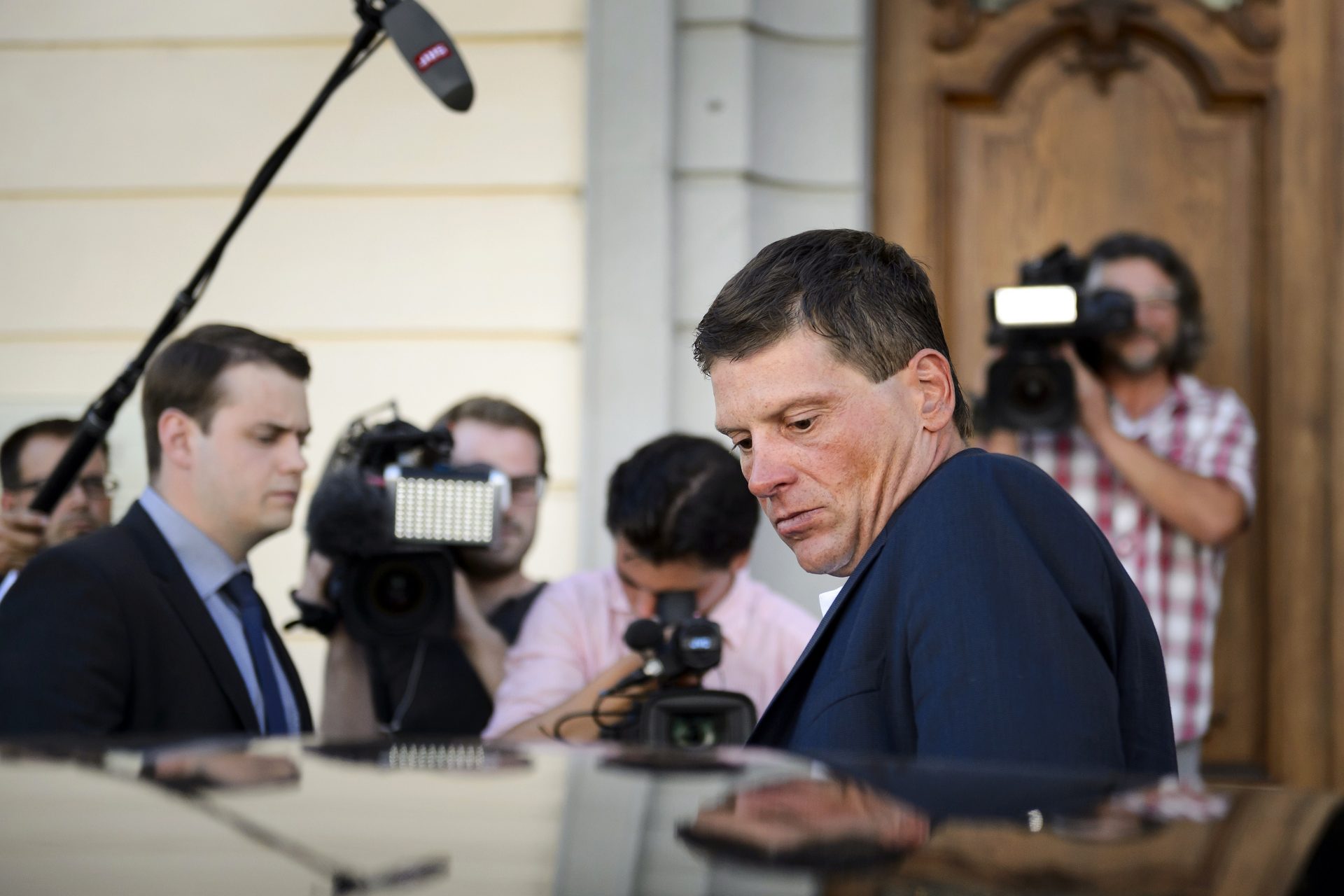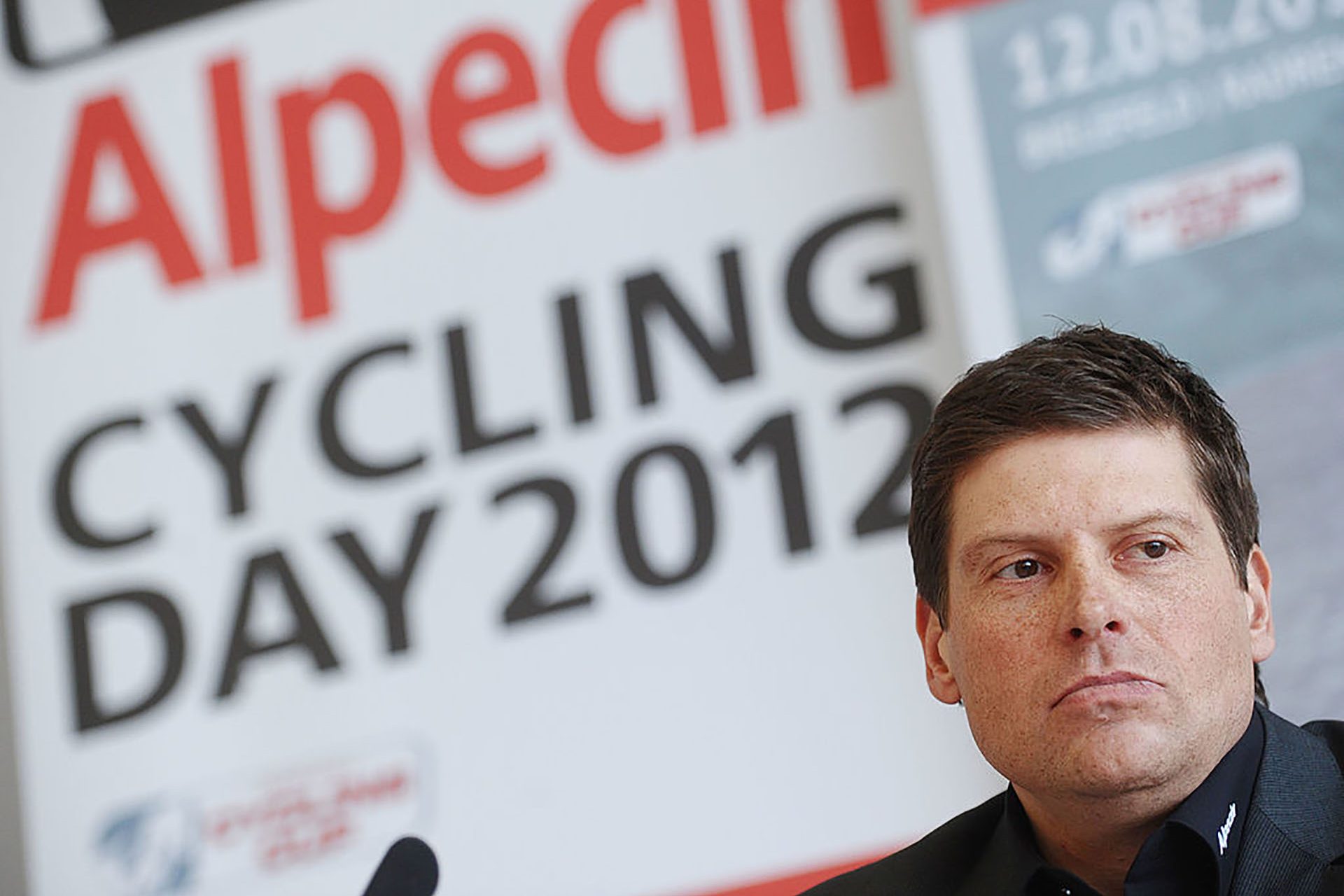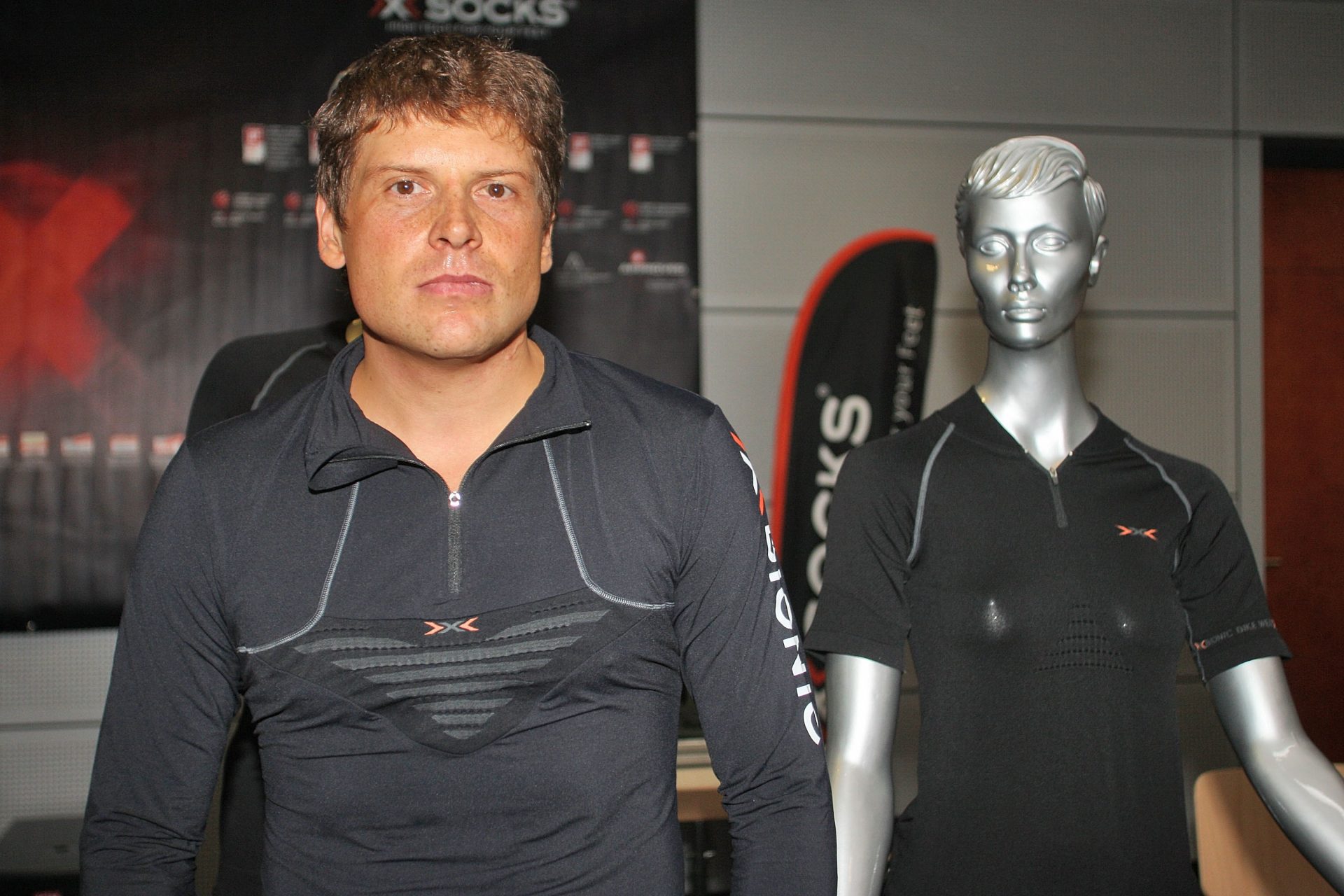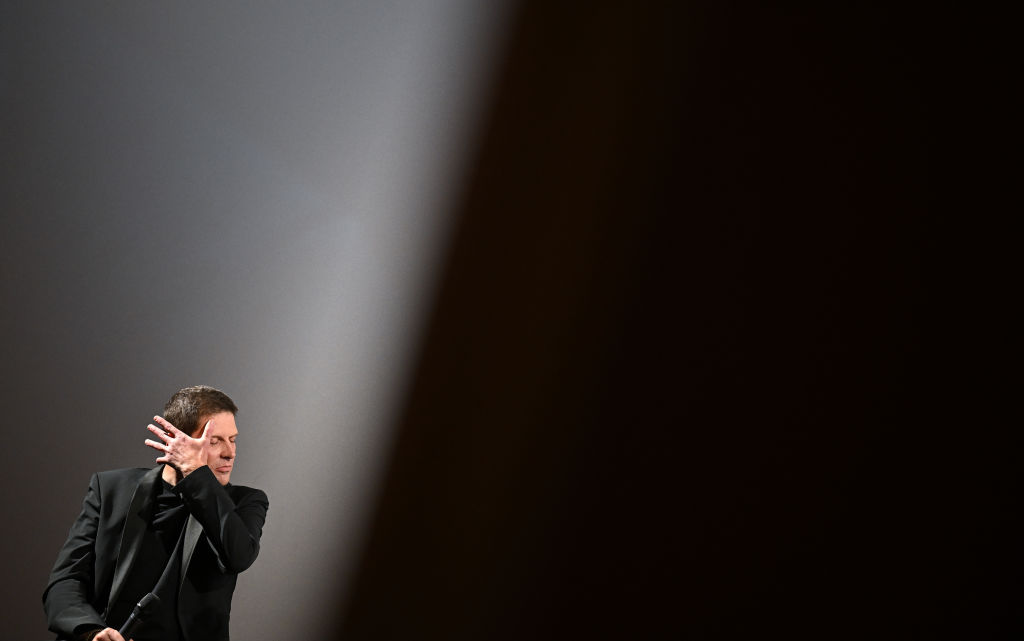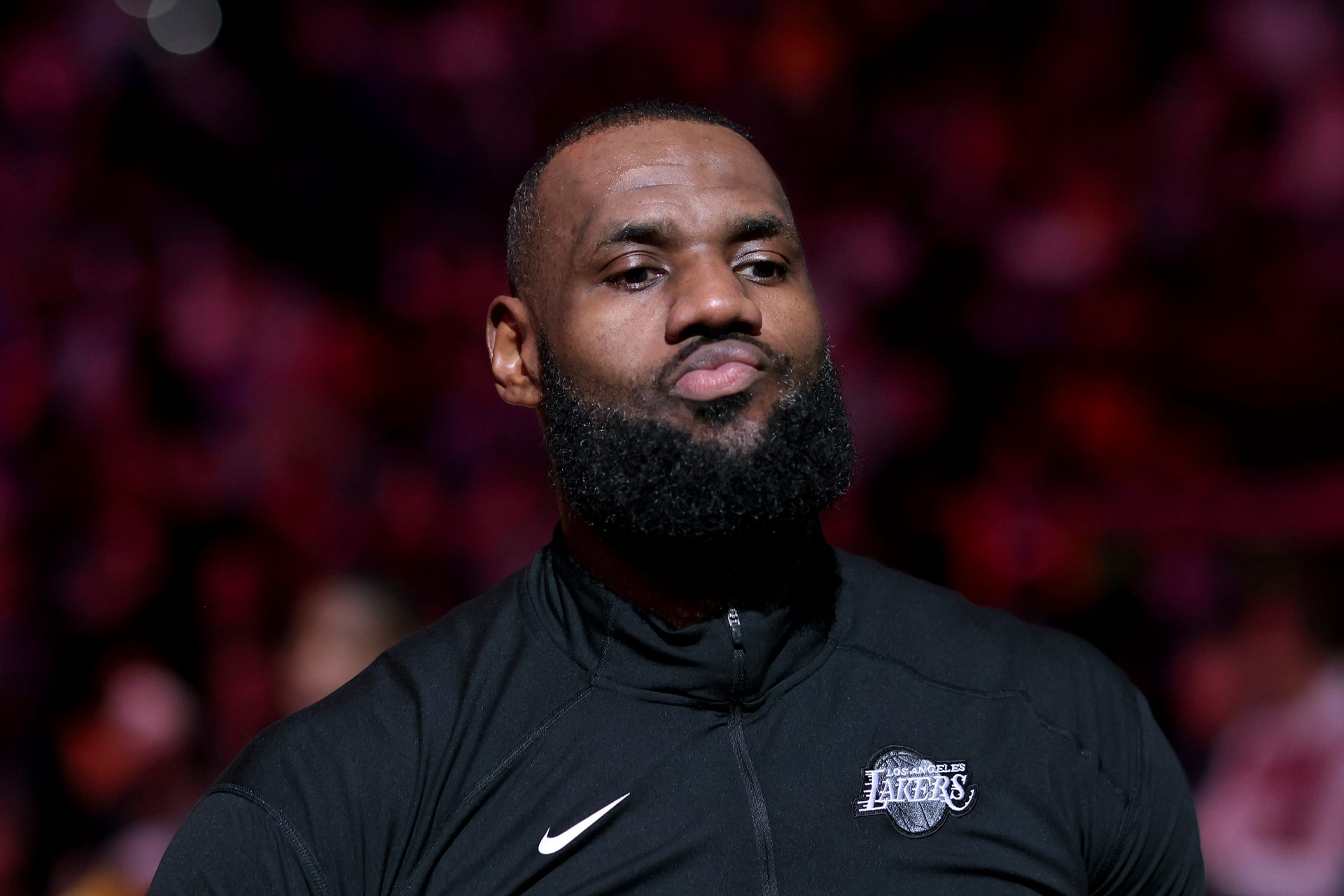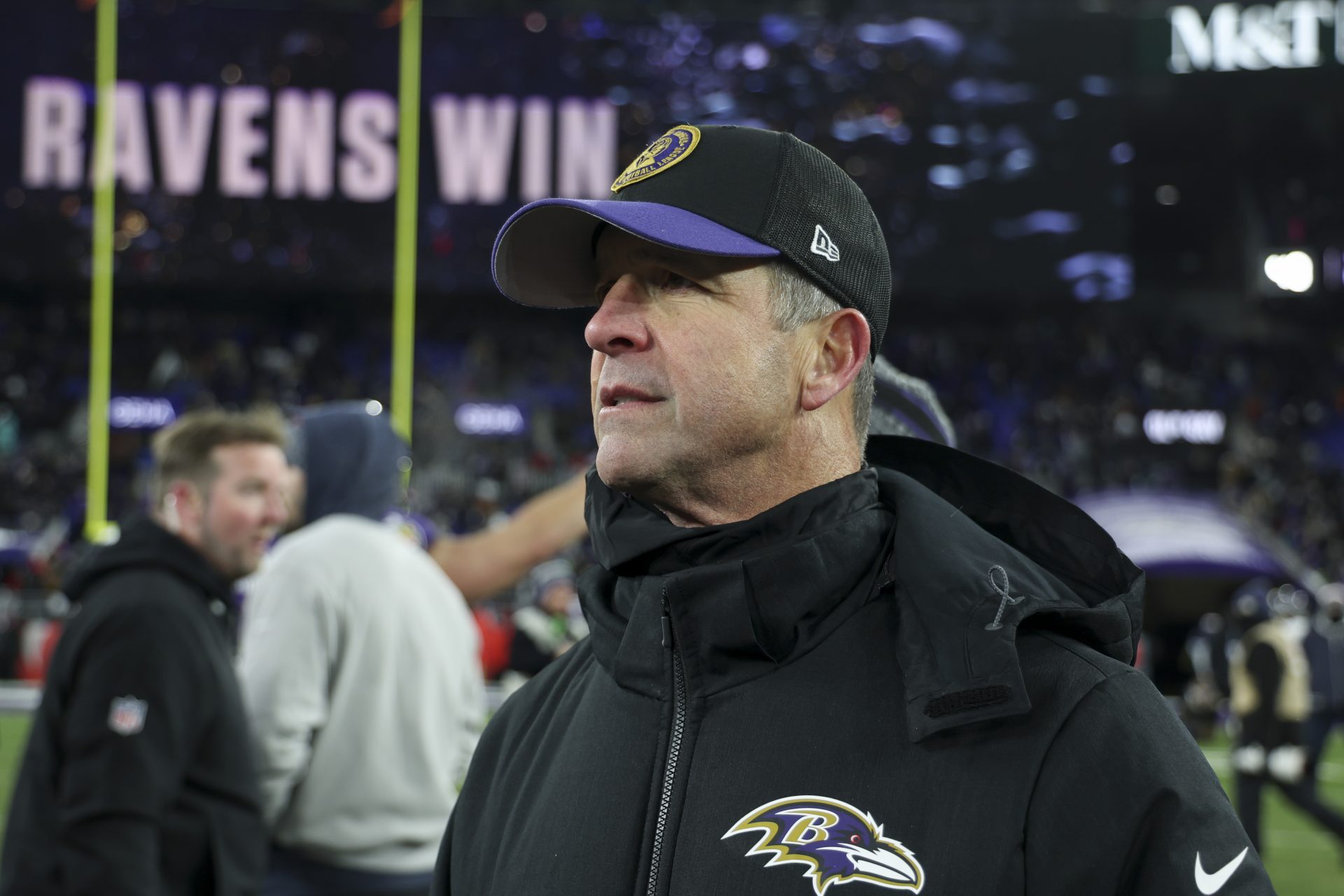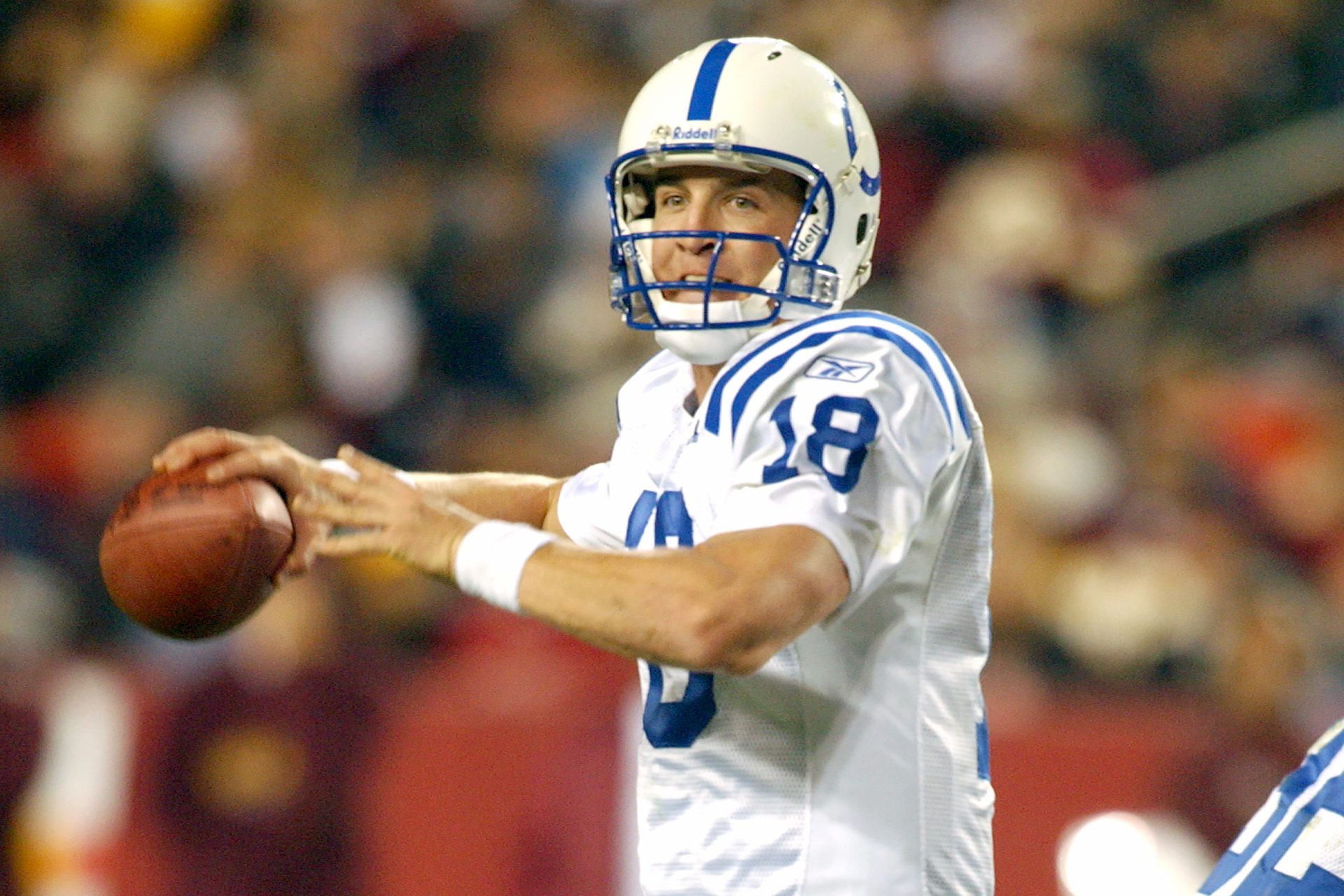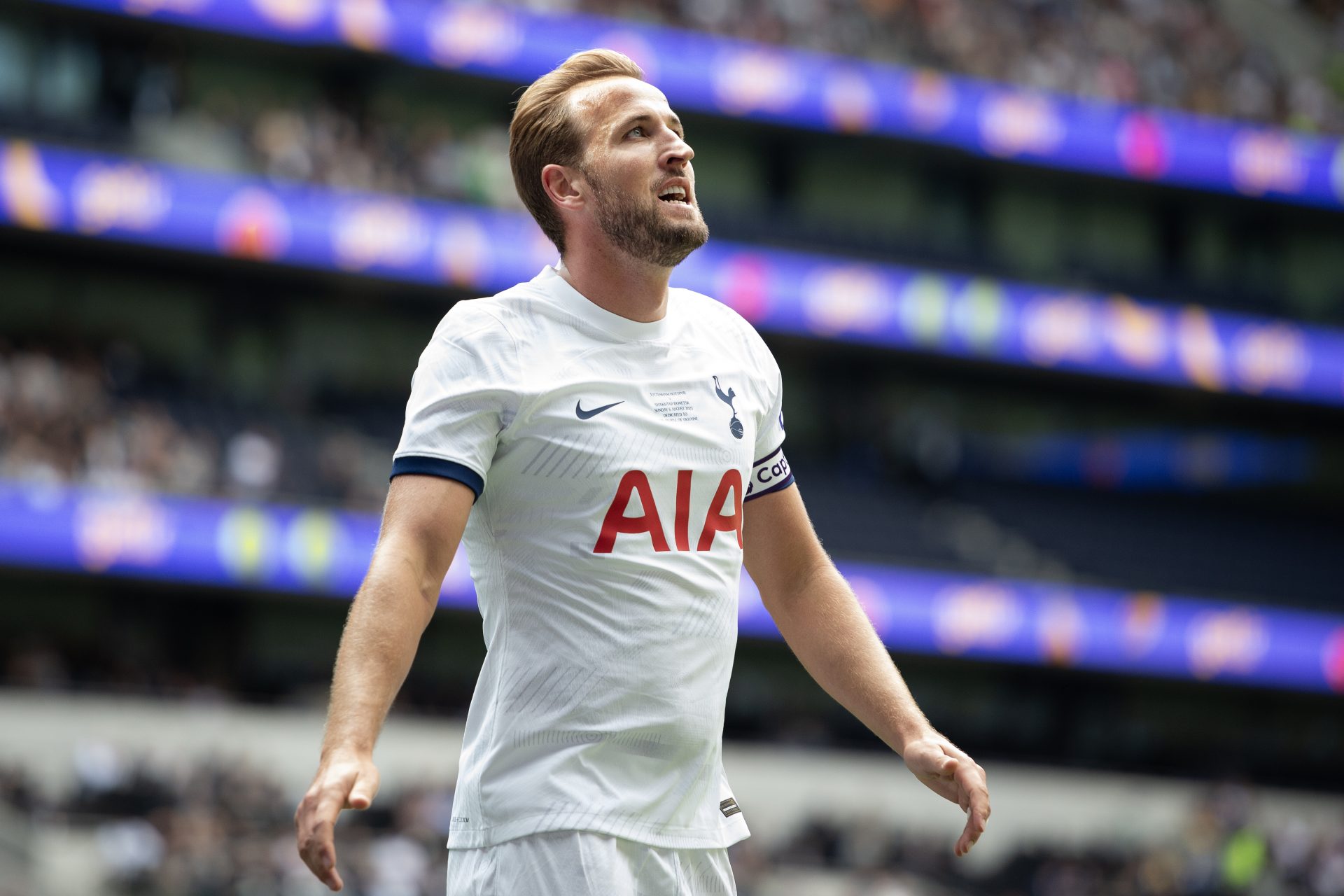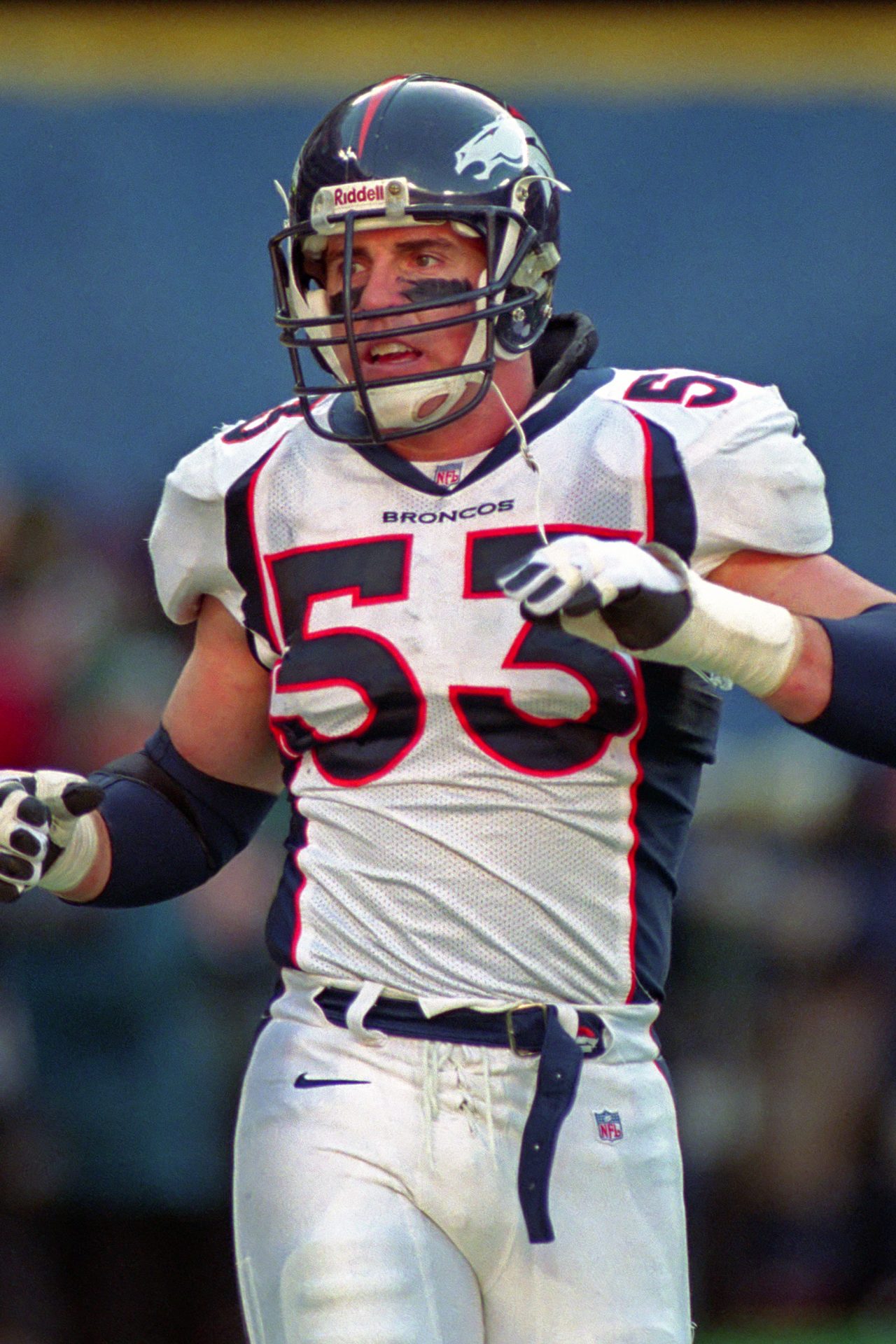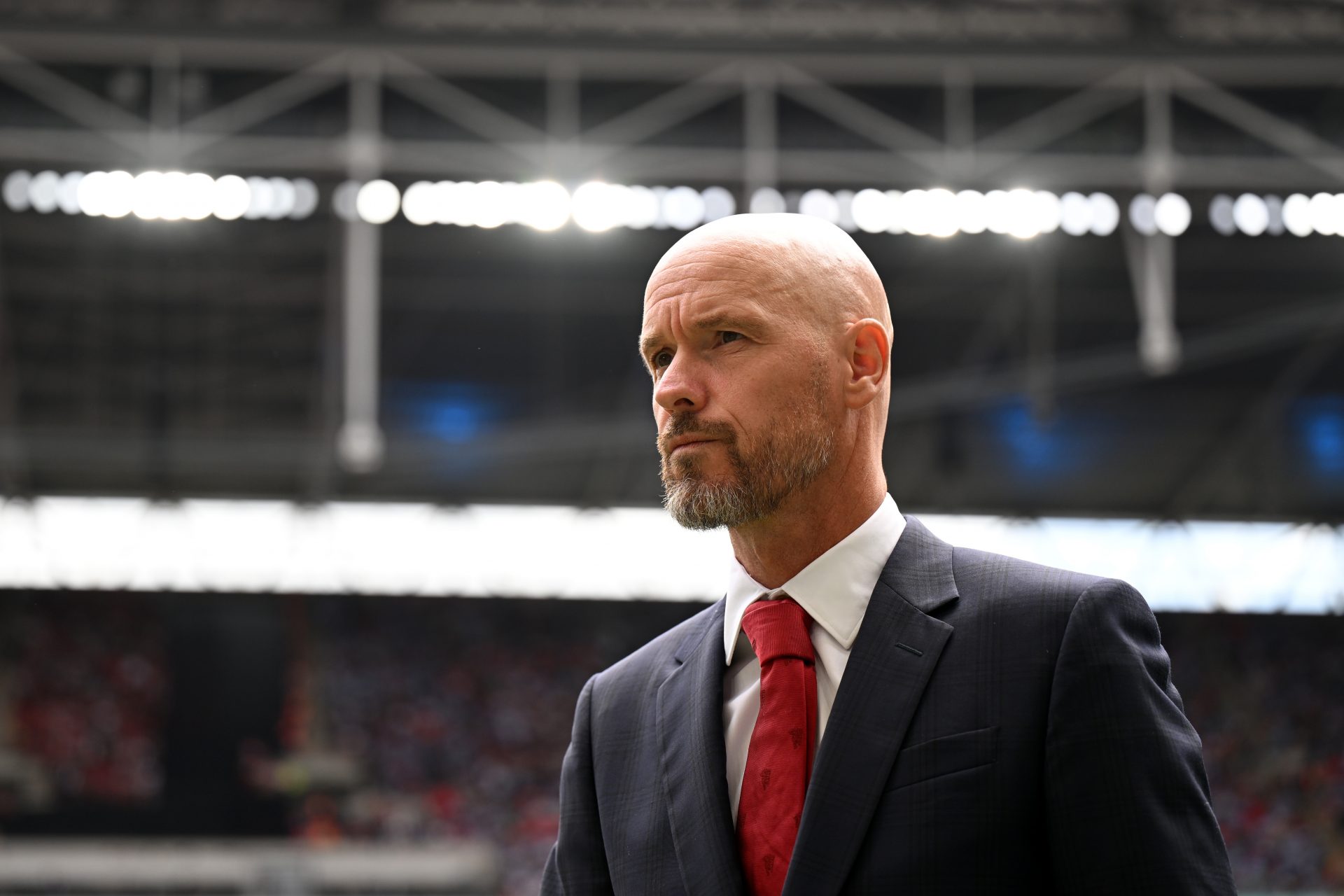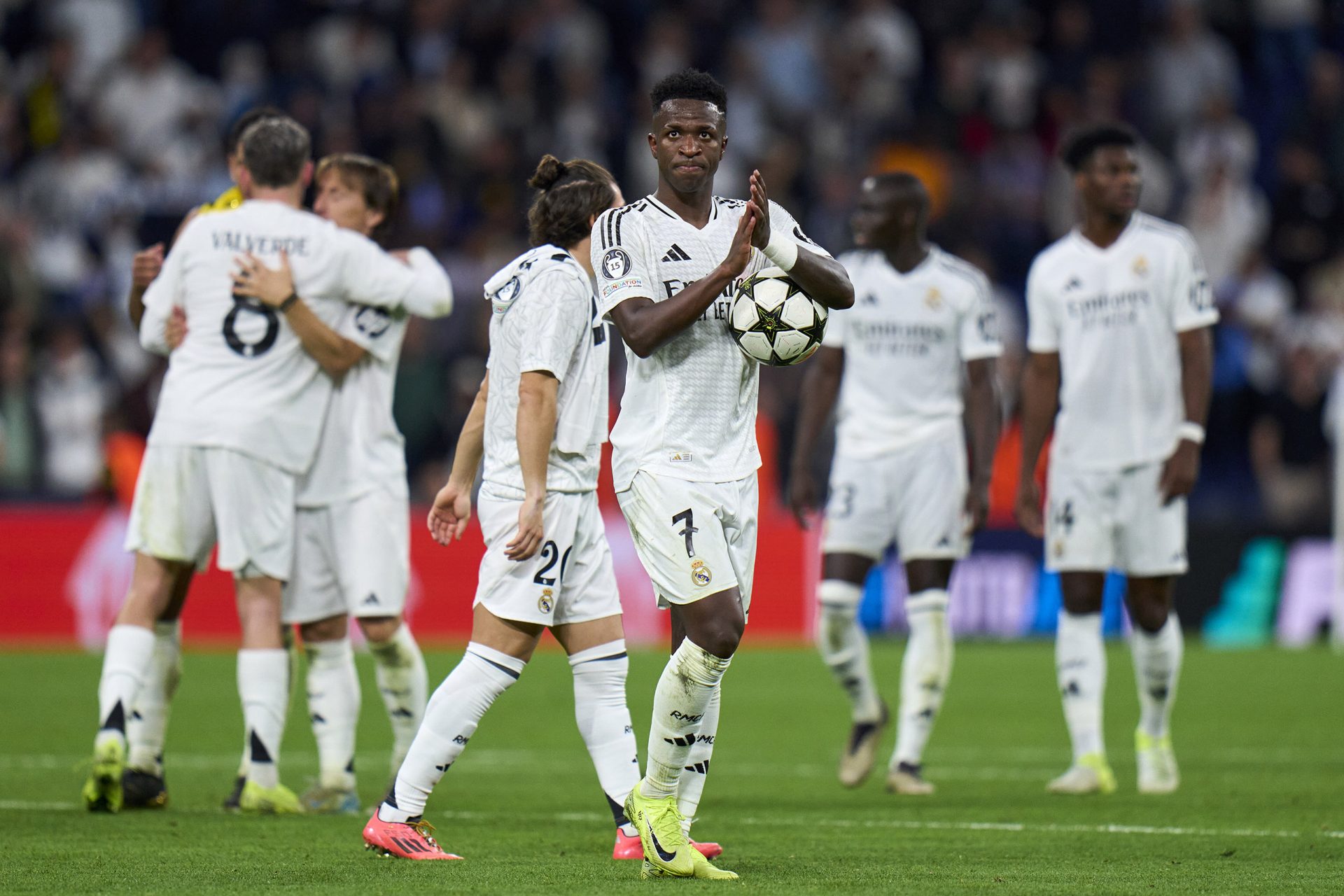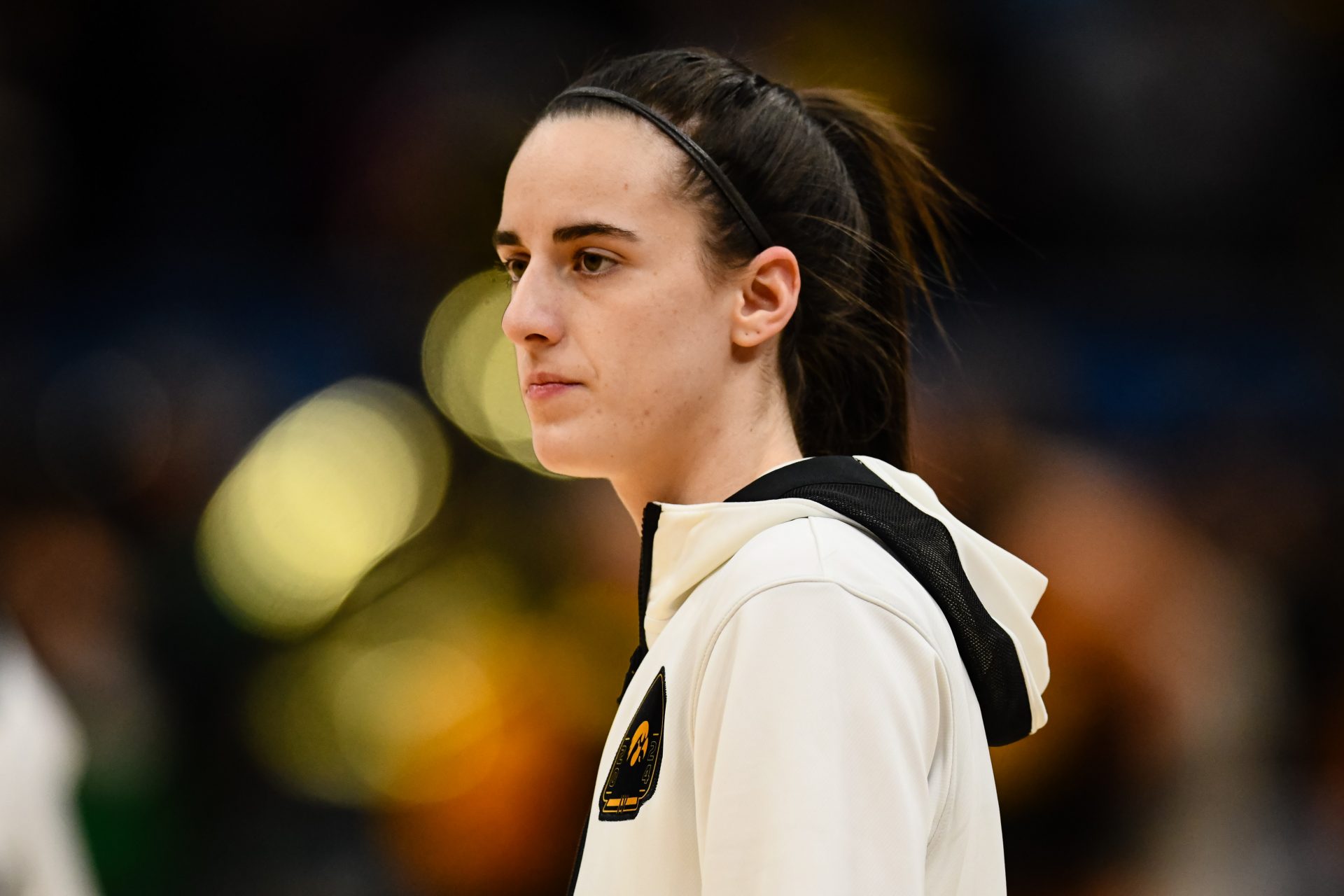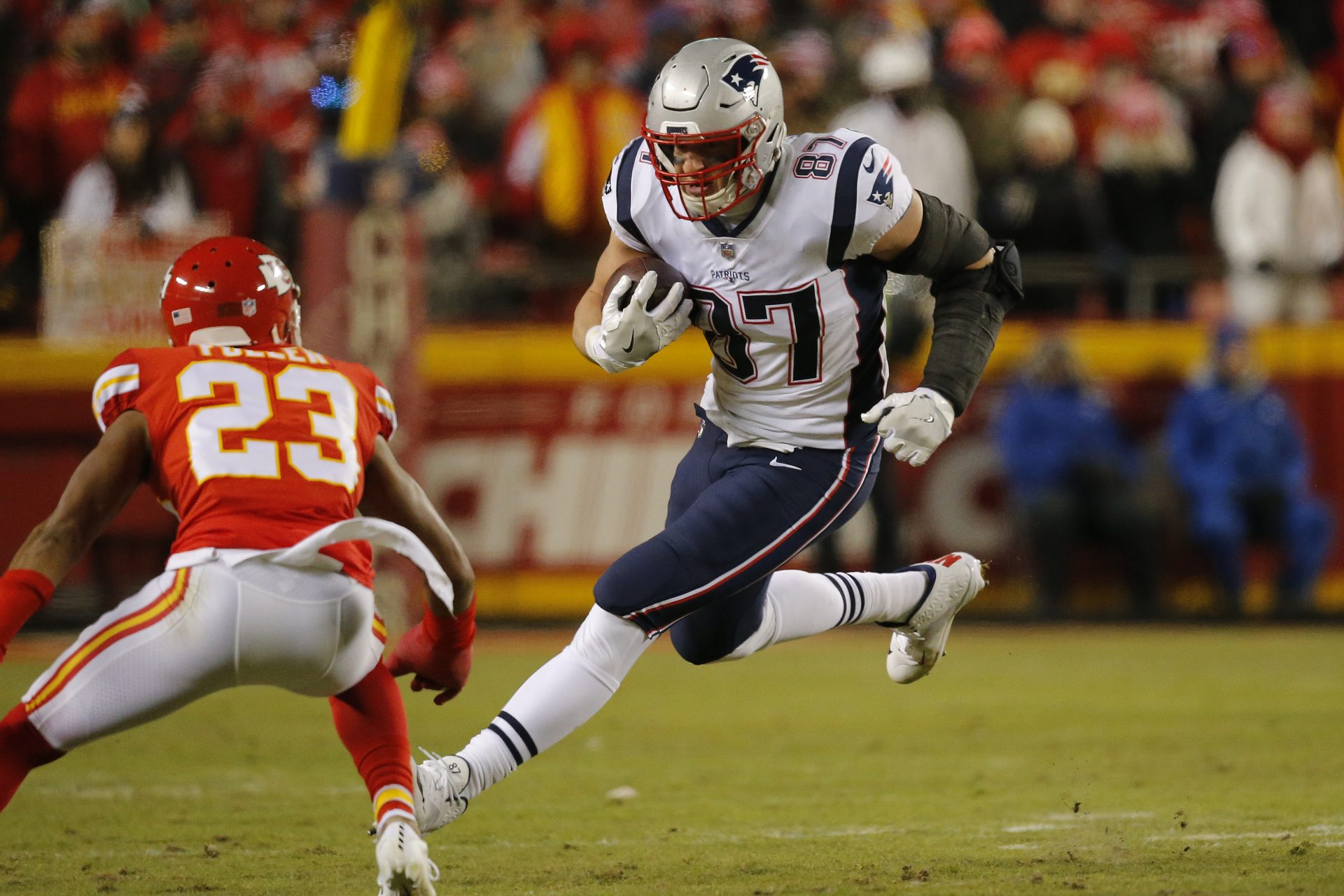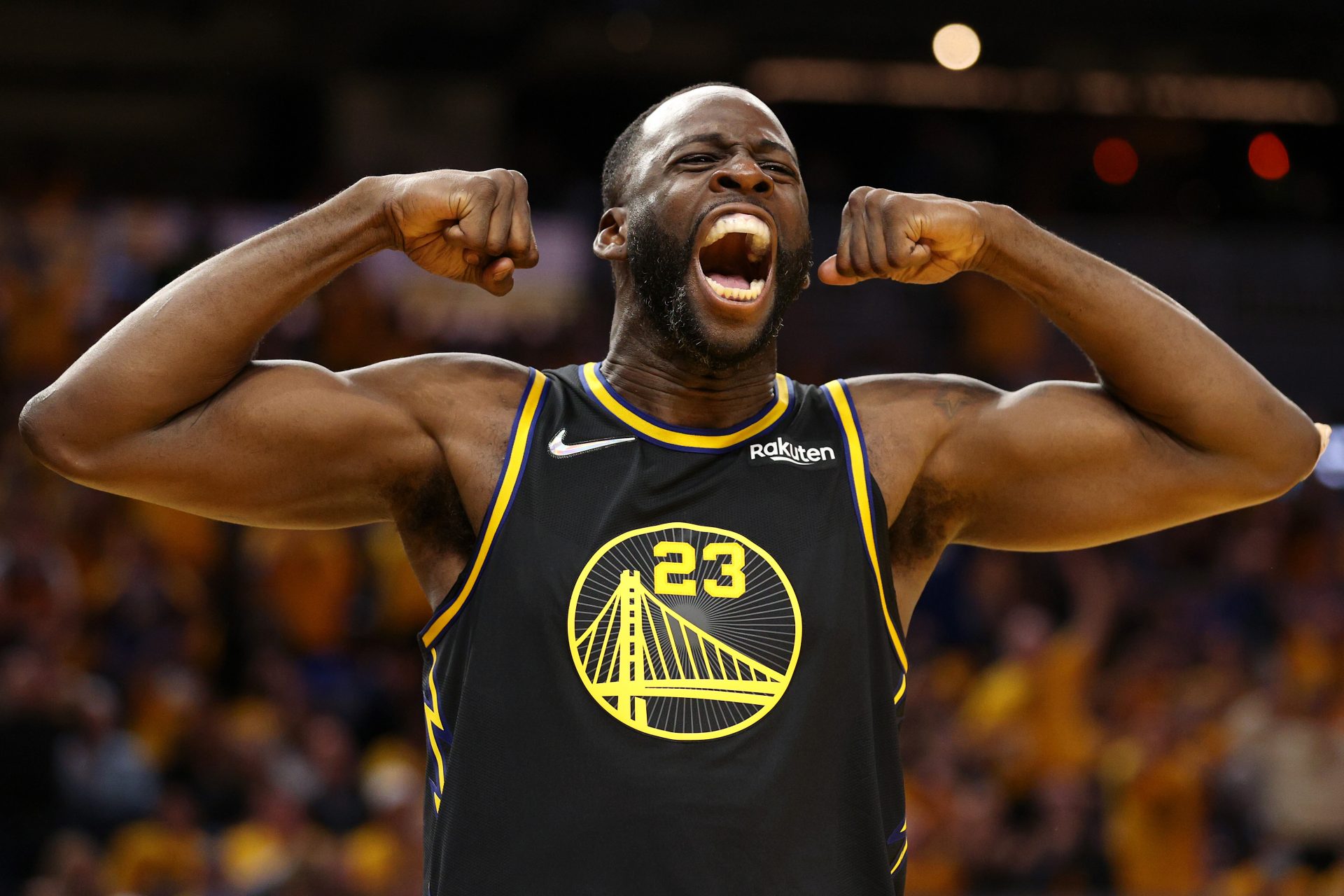Cycling legend Jan Ullrich's terrible confessions
Jan Ullrich is Germany's greatest cycling icon, but the life and career of the 'The Emperor' were not without controversy.
Ullrich turned 50 last year and to mark the occasion Amazon Prime released a documentary in which the German star reflects on life after retirement from pro cycling.
In an interview with Stern magazine, Lance Armstrong's greatest rival talked about the doping years in cycling, but also about his addictions and the pressure of the sport.
Want to see more like this? Follow us here for daily sports news, profiles and analysis!
Ullrich explained that, right from the start of his professional career, he understood that he had to take doping: "The general attitude was: If you don't do this, how will you survive in a race? Without help, the widespread perception at the time was that it would be like going to a gunfight armed only with a knife."
We take a look back at the career of the fallen champion of modern cycling: Jan Ullrich.
For almost a decade, Lance Armstrong dominated the Tour de France, crushing the competition... well, most of them. One rider managed to keep up with the American on the most difficult slopes of the Grande Boucle. His name? Jan Ullrich.
Winner of the Tour de France in 1997, Ullrich is the first, and only German to date, to have won the Grande Boucle. In 2000, 2001 and 2003, he finished runner-up, each time behind the American.
Although he is considered by many observers to be one of the most gifted riders in history, Ullrich's career was marked by numerous scandals and ultimately ended up in rehab for a crippling addiction.
Born on 2 December 1973 in Rostock, Ullrich began cycling at the age of 10. In 1987, he entered an elite training program for future athletes from the GDR (East Germany) at the national sports club SC Dynamo Berlin.
In 1988, he won the GDR junior road championships, but when his club closed in the wake of the collapse of the Berlin Wall in 1989, he joined RG Hamburg.
Ullrich very quickly showed exceptional skills and, in 1993, became World Amateur Champion in Oslo, when he was just 20 years old. Telekom heard about the young rider and recruited him as a trainee. There, he went on to perform wonders, finishing third in the 1994 World Time Trial Championship.
Despite his young age, Ullrich showed great maturity and exceptional riding qualities. After a 10th place in the Tour de Suisse in 1995, his manager Walter Godefroot agreed to send him to the 1996 Tour de France, aged 23.
This was an excellent decision as, in his first Grande Boucle, the German outclassed Miguel Hindurain in the time trial and finished runner-up in the GC, behind his teammate Bjarne Riis. It was then that Ullrich revealed himself as an exceptional talent, with qualities never seen before in time trials.
The following year, the German dominated the Tour, distancing his rivals (notably Richard Virenque) in the mountains and time trials. He impressed observers so much that he was compared to Eddy Merckx, Bernard Hinault and Fausto Coppi.
He won the Grande Boucle more than nine minutes ahead of Virenque and 14 ahead of Marco Pantani. He seemed untouchable, and the world thought that a Ullrich dynasty was about to begin. At just 23, the German was on top of the world.
During the pre-season of the 1998 Tour de France, the public discovered another facet of the rider – his lack of professionalism. He arrived at races clearly overweight and worried the press.
Yet despite his mediocre physical state, he won the time trial and took the yellow jersey before the Alps. The road ahead seemed wide open, especially as the Festina affair had sidelined Virenque. Who could stop Ullrich?
Want to see more like this? Follow us here for daily sports news, profiles and analysis!
However, on stage 15, the German fell apart and lost more than eight minutes to new yellow jersey Marco Pantani. Although Ullrich finished that Tour with three stage wins, including two time trials, he also showed the face of a rider who had neglected his preparation out of overconfidence, finishing runner-up for the second time in the Tour.
In 1999, the rider bounced back to win the Vuelta and the World Time Trial Championship. Although untouchable in the discipline, he arrived in mediocre form for the 2000 Tour, with a once again average preparation.
This Tour de France marked the first battle between Ullrich and Lance Armstrong, won (as we all know) by the American, who even beat the German in the time trial. The Telekom rider once again finished runner-up... for a third time.
In 2001, Ullrich arrived at the Tour in top form for the first time. The German had a strong team around him and looked capable of beating Armstrong, but the American was too strong. He finished runner-up, for the fourth time.
After injuring his right knee in 2002, Ullrich had a disastrous season, testing positive for amphetamines in June and admitting to taking ecstasy. He subsequently left Telekom and joined Team Coast in 2003.
In 2003, Ullrich rose from the ashes. Despite the financial problems of Team Coast, which had become Team Bianchi, he entered the Tour with modest ambitions ahead of five-time Tour winner Armstrong. Helped by a heatwave, he managed to put the American in serious difficulty, but after a great battle and a crash in the time trial, he finally finished runner-up, one minute behind Armstrong.
In 2004, Ullrich signed for T-Mobile, the successor to Telekom, but had a poor Tour de France, finishing fourth, his worst result in the Grande Boucle.
In 2005, he returned to the Tour but suffered a crash just before the start. That year, his race was marked by numerous crashes, which prevented him from rivaling Armstrong. Ullrich eventually finished third behind runner-up Ivan Basso, his seventh podium finish.
In 2006, he was the favourite for the event, in Armstrong's absence and after winning the Tour de Suisse. However, the German was involved in Operación Puerto, the doping case surrounding Spanish doctor Eufemanio Fuentes, and was banned for doping.
Dr Fuentes was said to have given Ullrich a 'magic powder', a protease-based product designed to eliminate all traces of EPO. Ullrich was excluded from T-Mobile and retired in 2007.
On 19 May 2014, the German caused a serious road accident while intoxicated. According to preliminary evidence, Ullrich was driving at 143 km/h, more than 60 km/h over the speed limit of 80 km/h, which under Swiss law means at least one year's imprisonment. On 14 September 2017, he was given a 21-month suspended prison sentence and fined 10,000 Swiss francs.
On 3 August 2018, Ullrich was arrested in Mallorca after forcing his way into the home of his neighbour and compatriot, actor and director Til Schweiger, provoking a fight. A week later, he hit an escort and was committed to a psychiatric hospital.
Armstrong came to visit him and Ullrich finally began a rehab program. It was Ullrich's lowest moment, but ultimately one which saved his life. He is now in recovery from his addiction and seems to enjoy a quiet life in Mallorca with his partner.
On 21 November 2023, Ullrich spoke to Stern magazine on the occasion of the documentary released on 28 November 2023 marking his 50th birthday. He talked about the plague of doping and his fall.
"The mix of w h i s k e y and c o c a i n e made my heart colder. It brings up all the evil qualities in you. It turns you into a monster in a very short time. If you no longer have a heart, you are no longer human," he explained his violent behaviour.
He also explained why he never denounced organised doping at the time: "In 2006 I wasn't able to talk because I didn't want to be a traitor. I didn't want to come out with half-truths and certainly not with the whole truth," he said. "The lawyers told me: Either you go out and tear everything down, or you don't say anything at all. I decided on the second recommendation at the time. Because tearing everything down would also have meant that I'm dragging a lot of people down with me into the abyss. From today's perspective, I should have spoken. It would have been very hard for a brief moment, but after that life would have been easier."
Want to see more like this? Follow us here for daily sports news, profiles and analysis!
More for you
Top Stories



